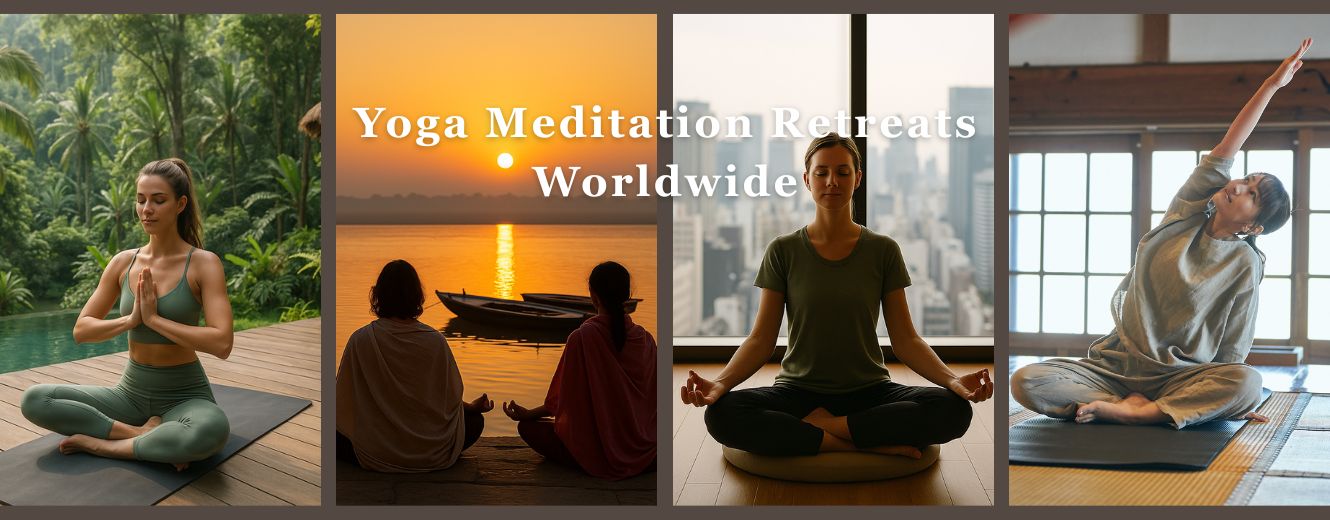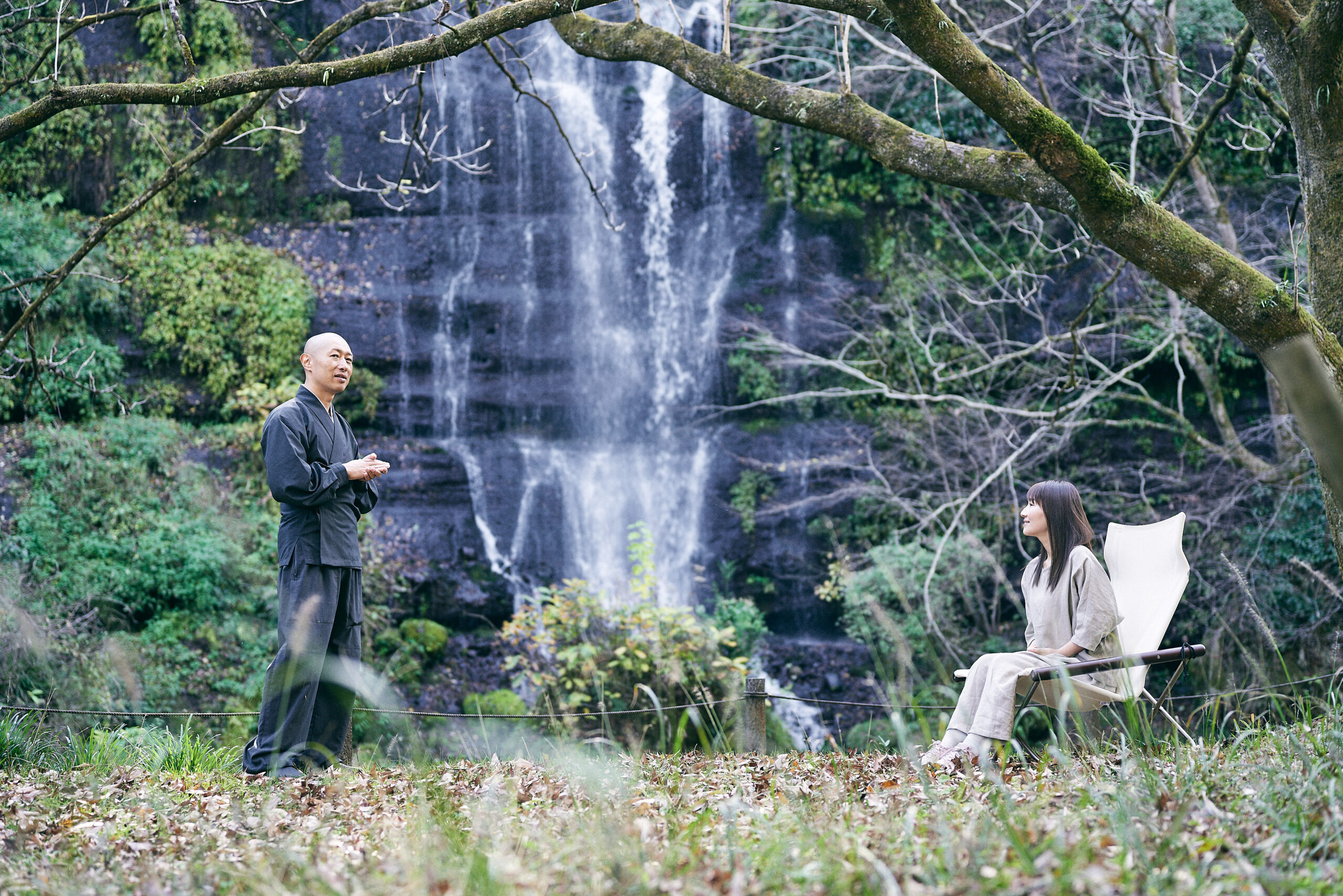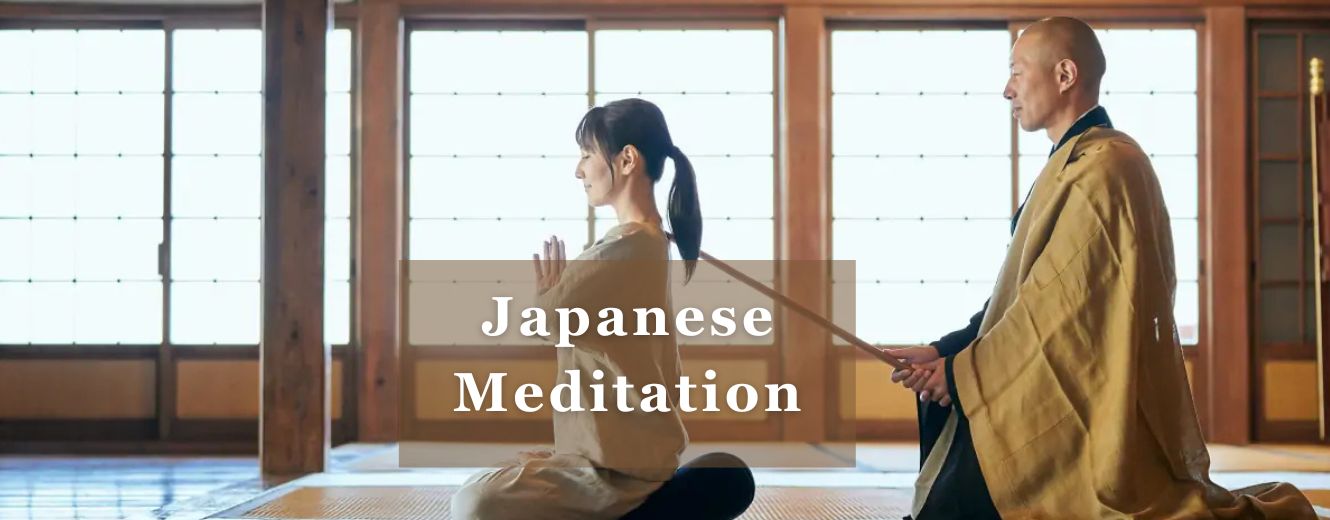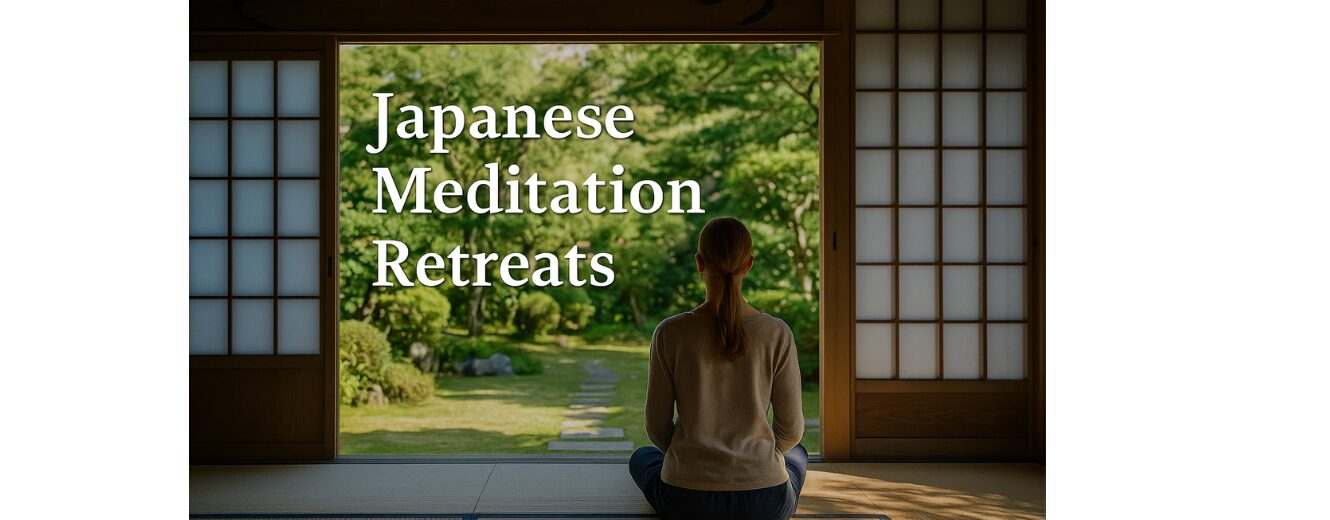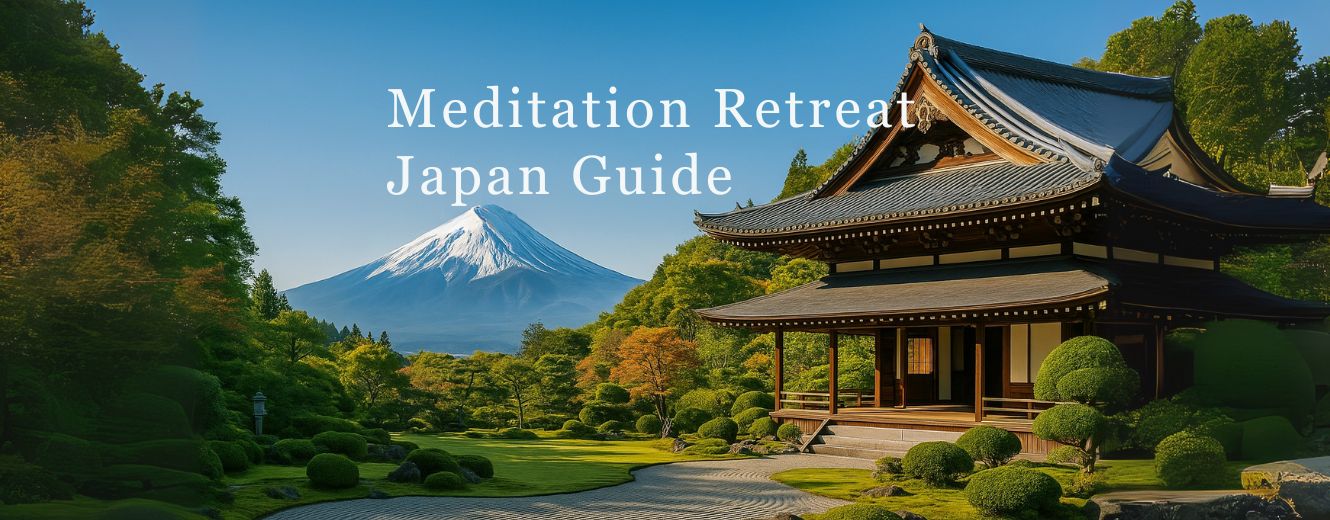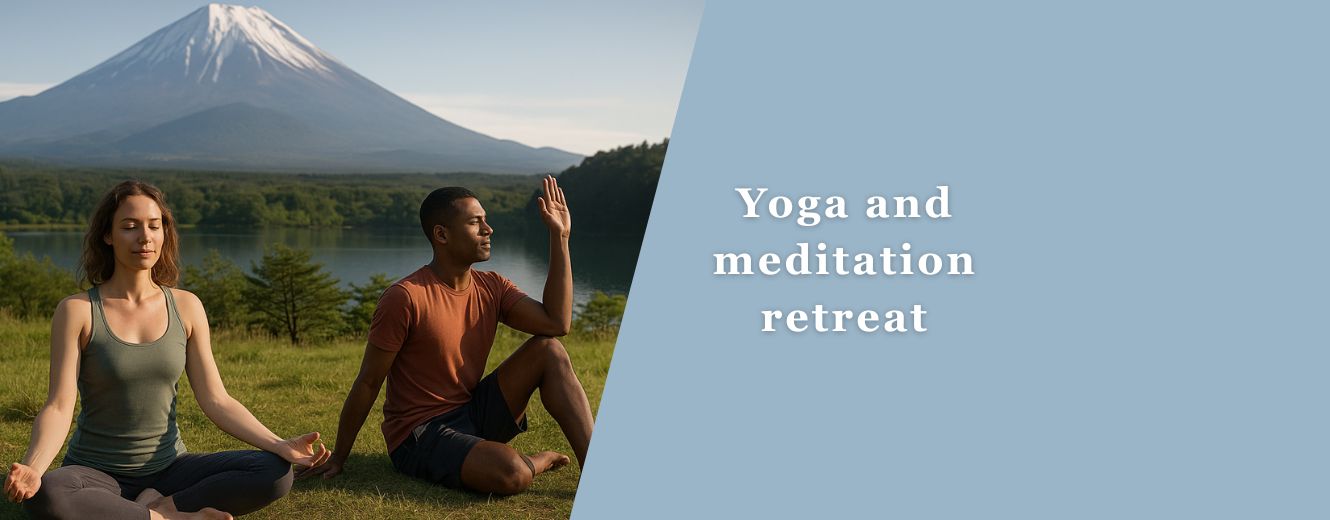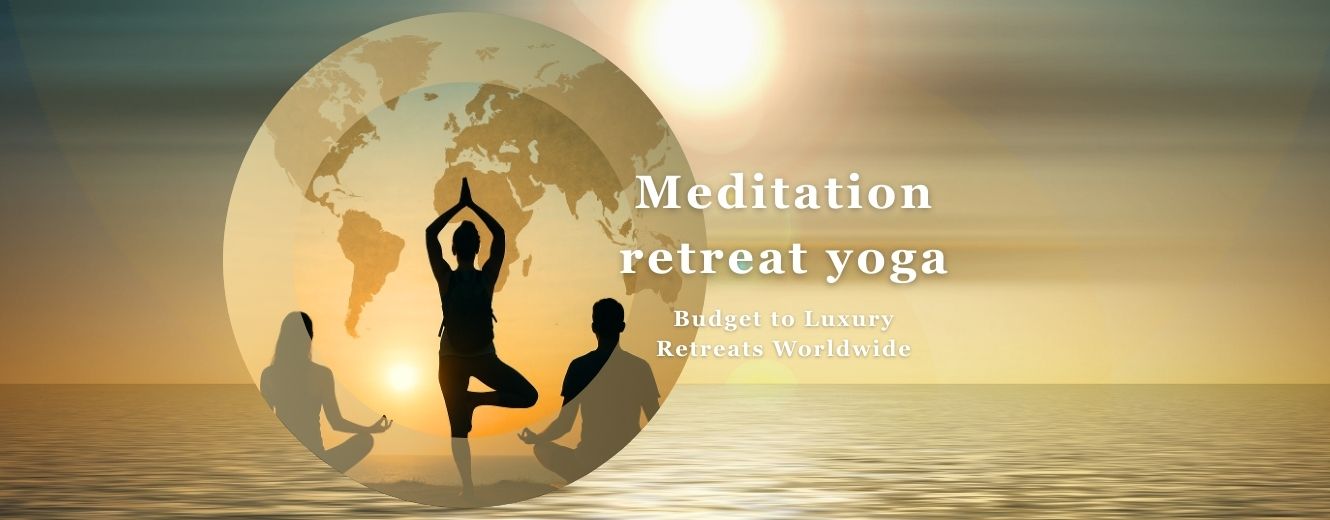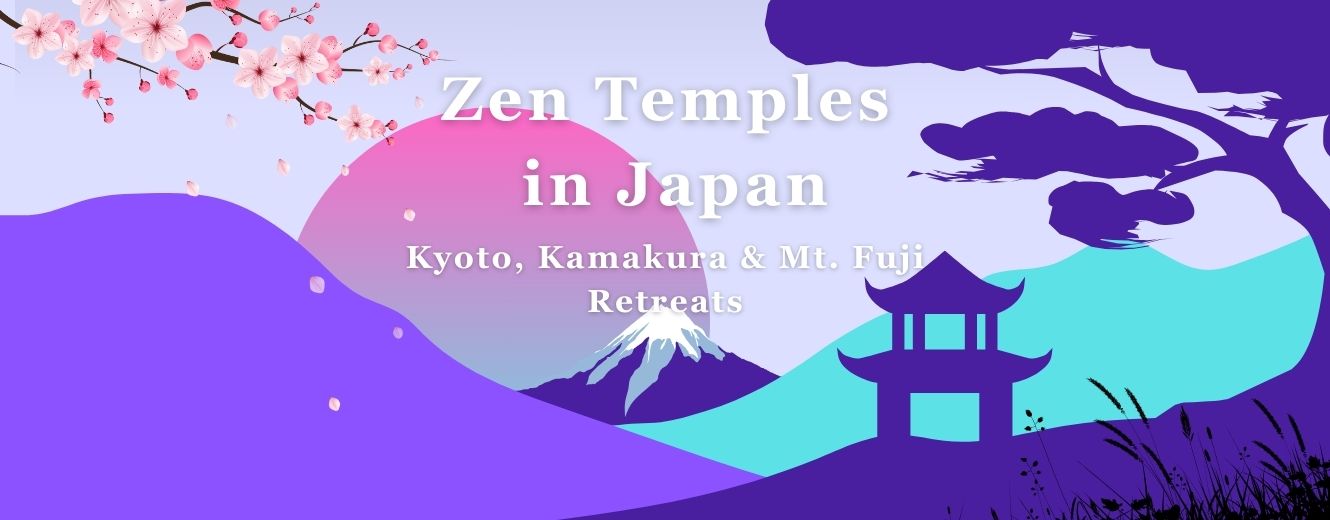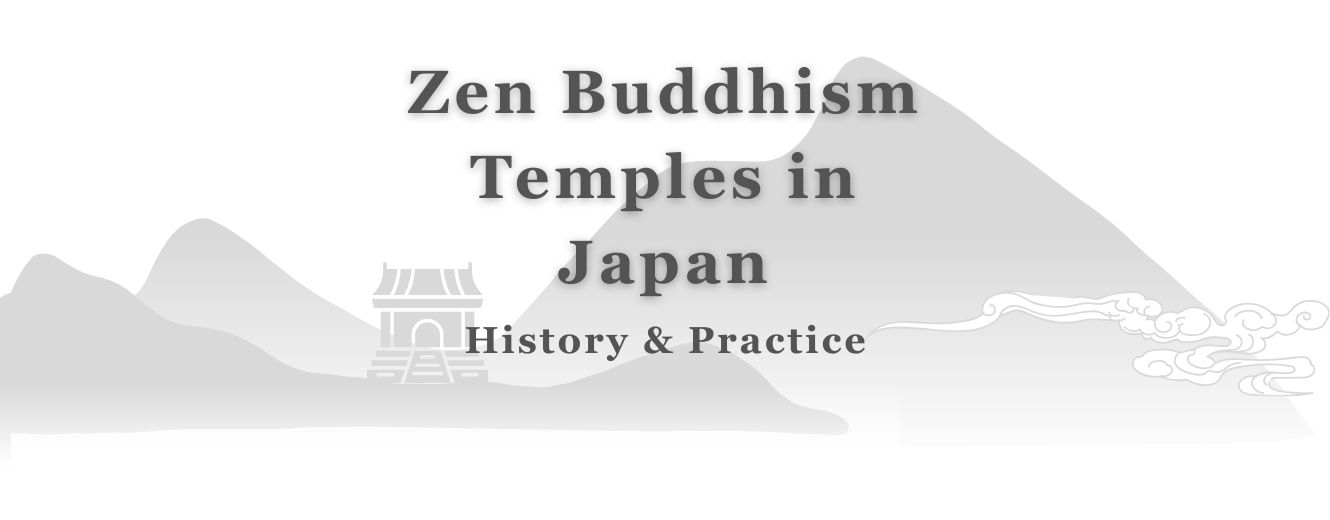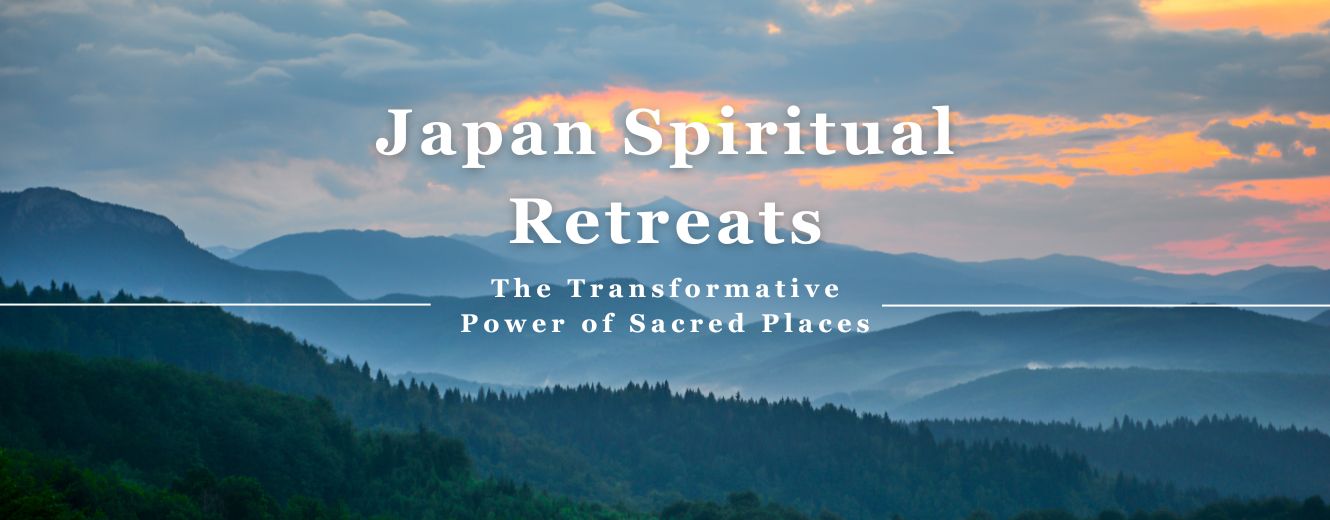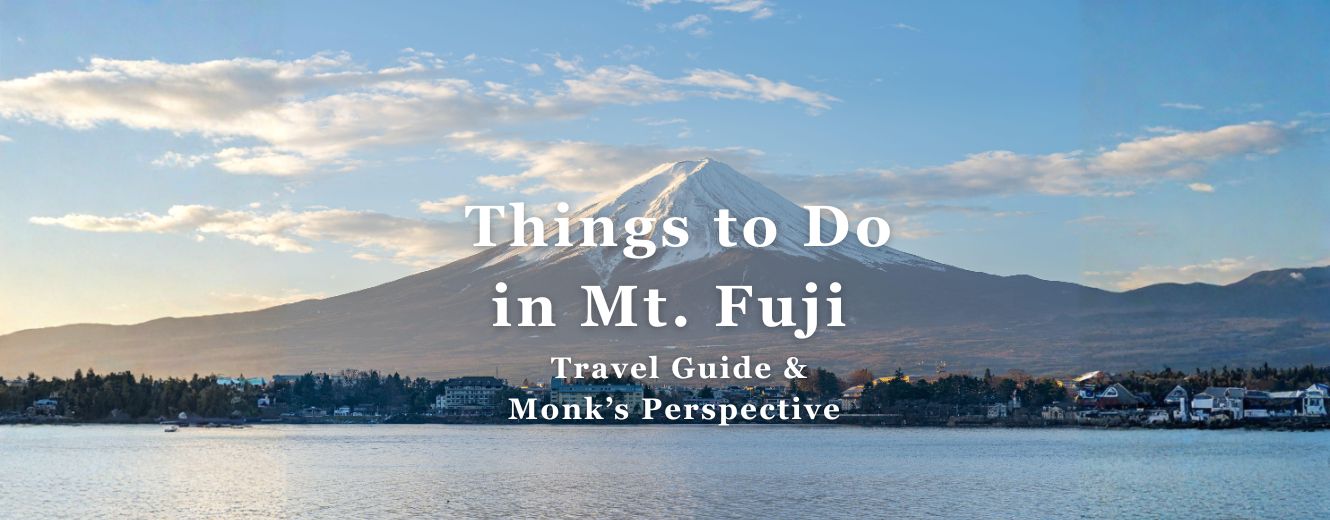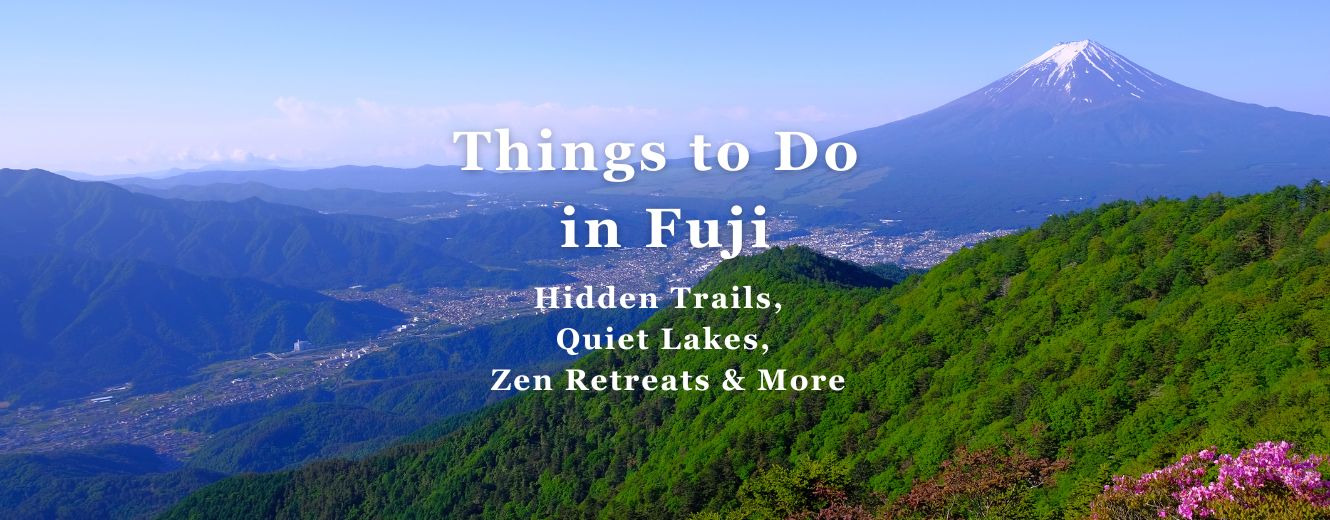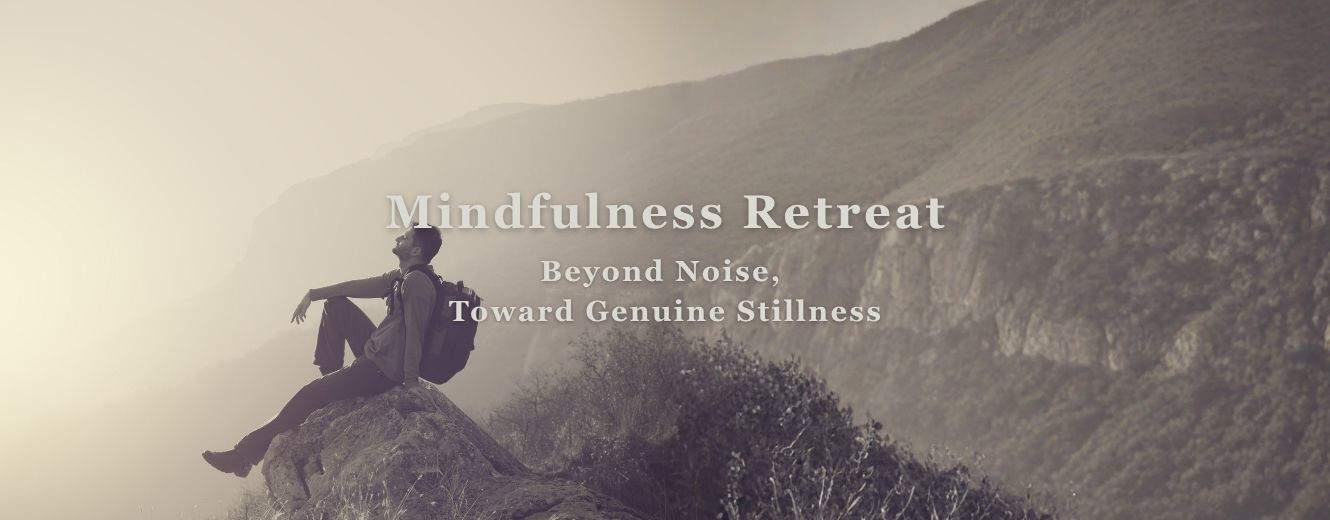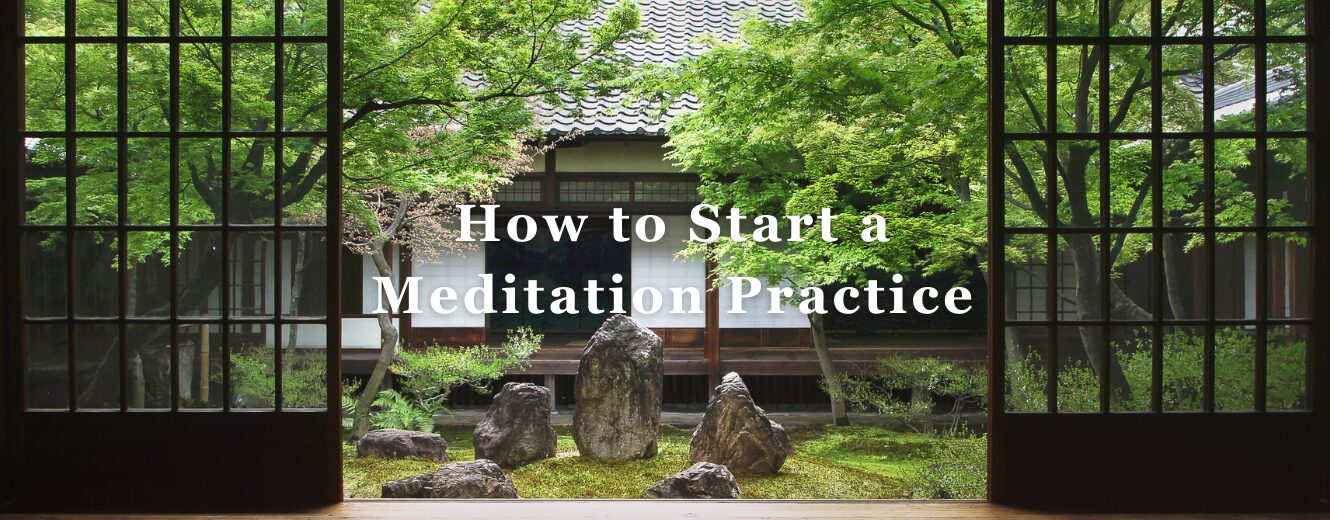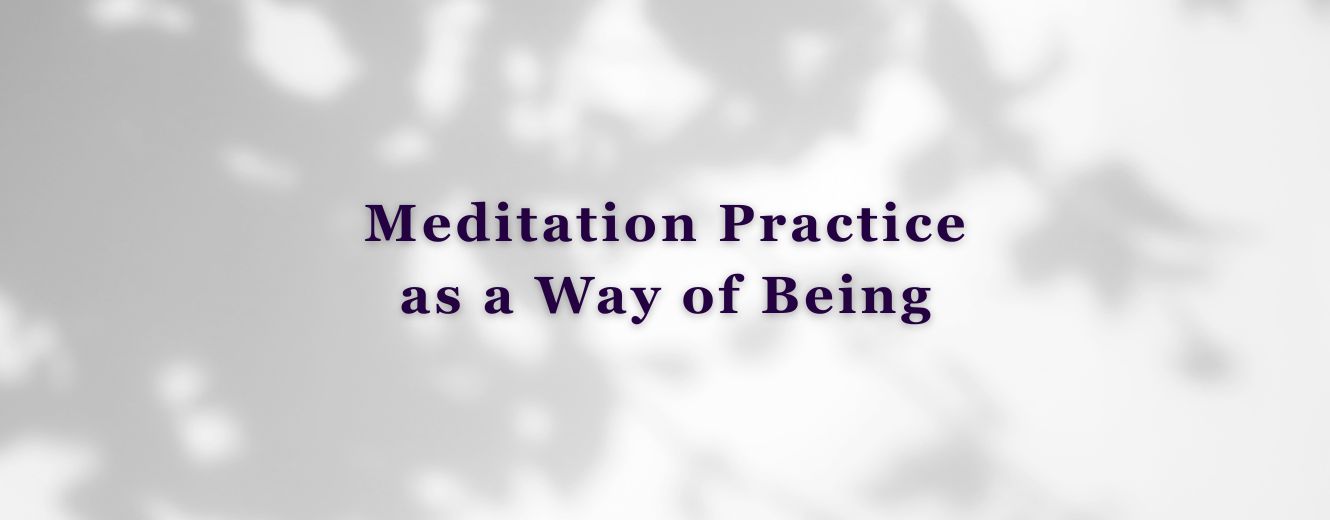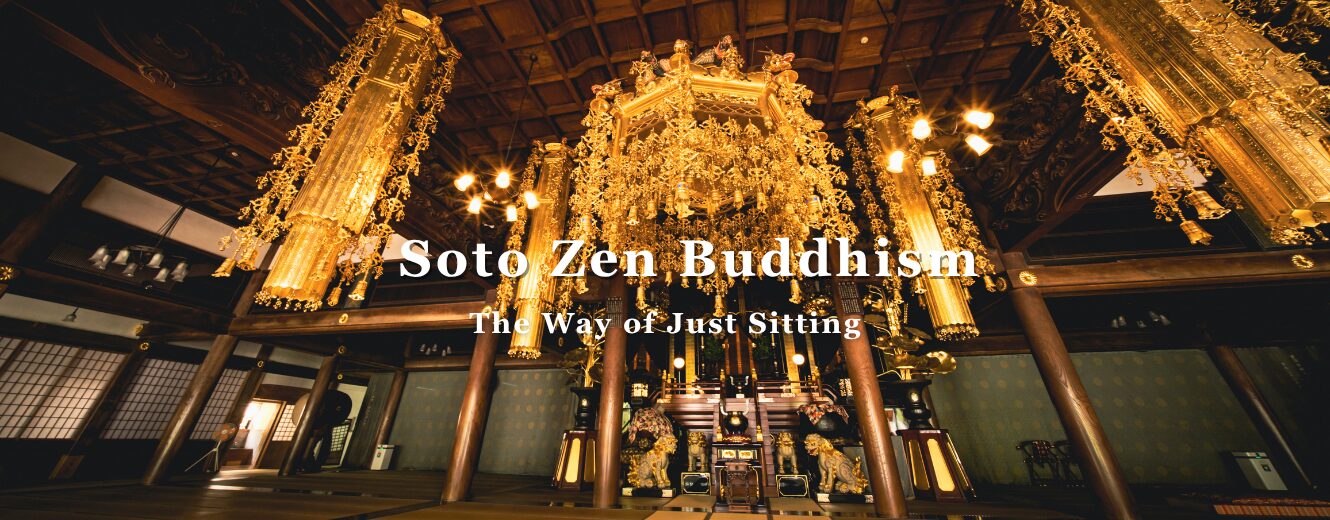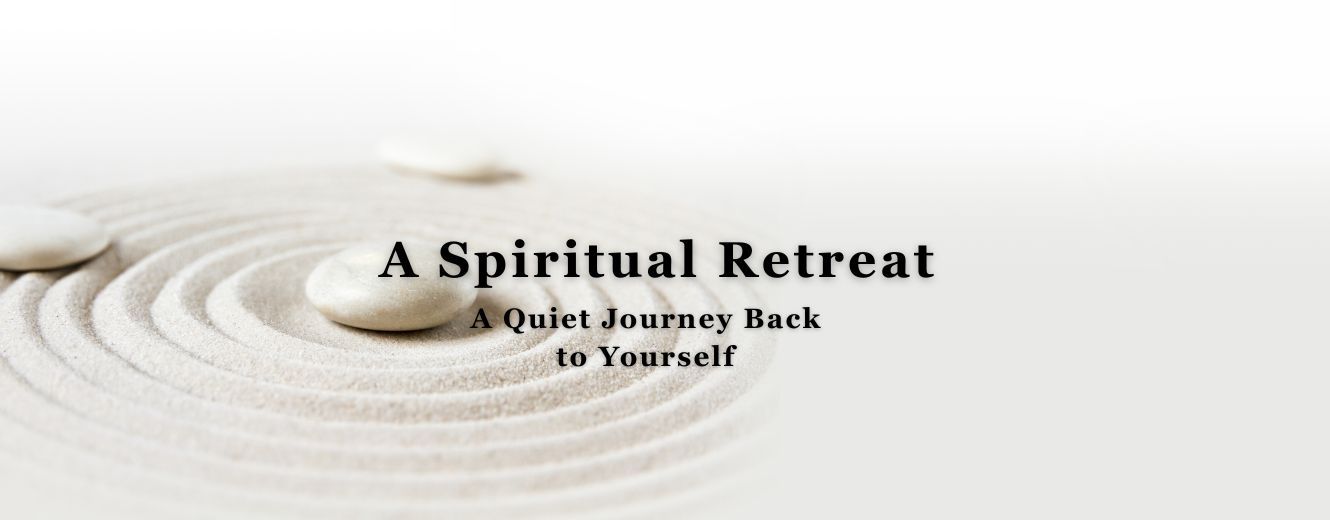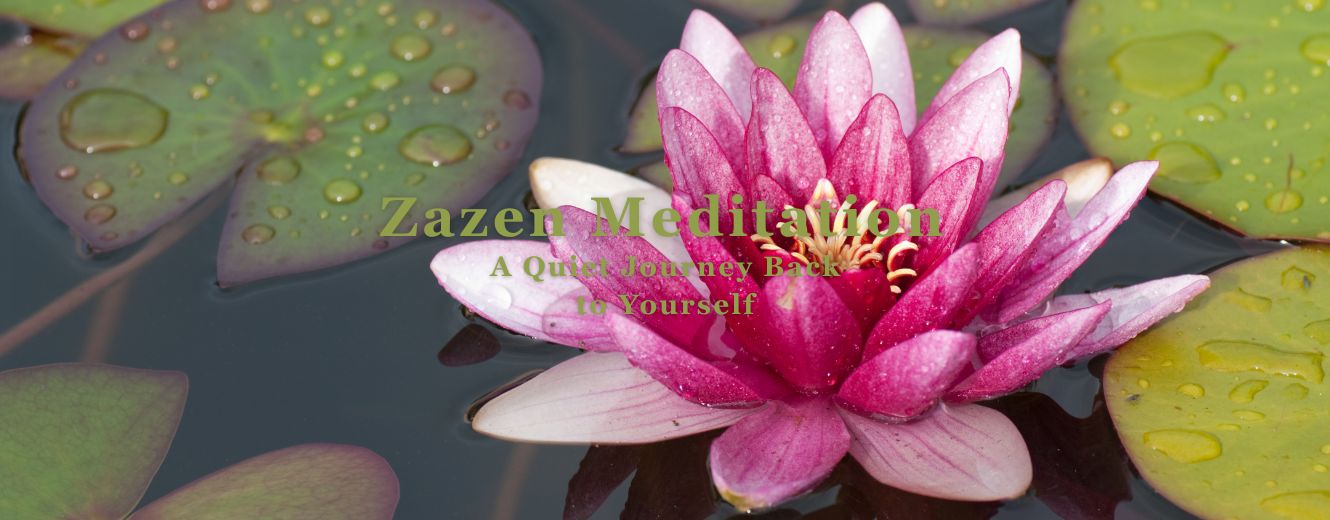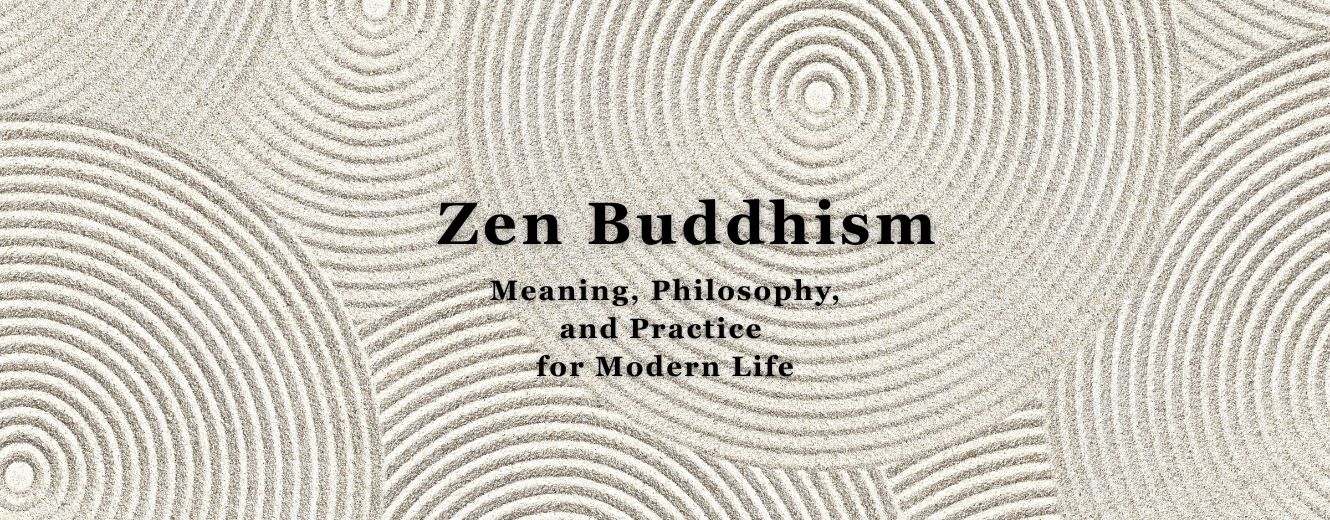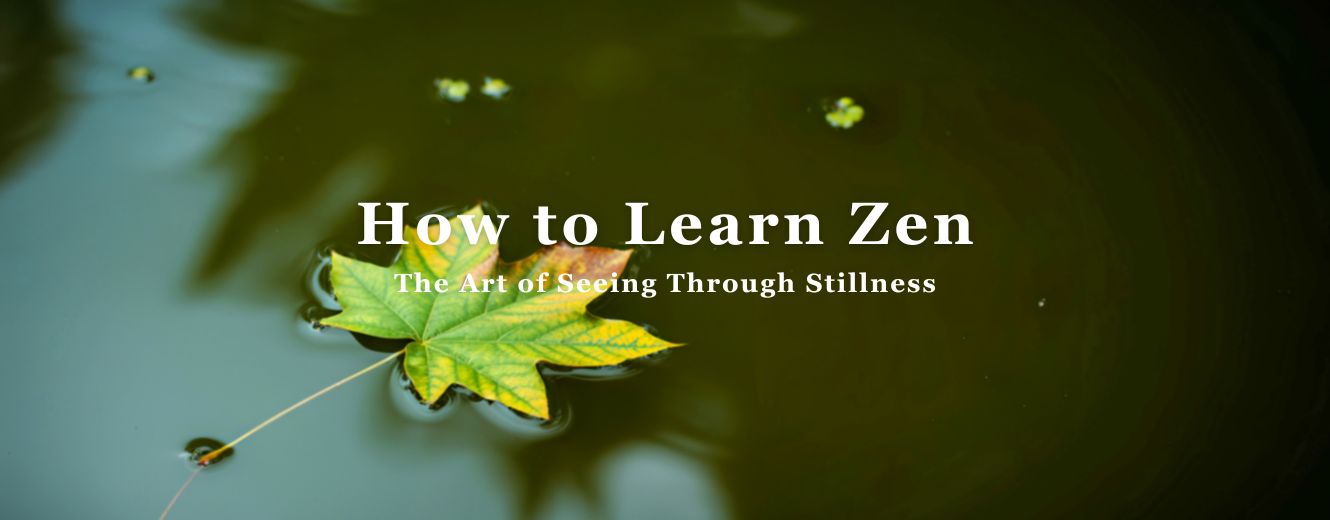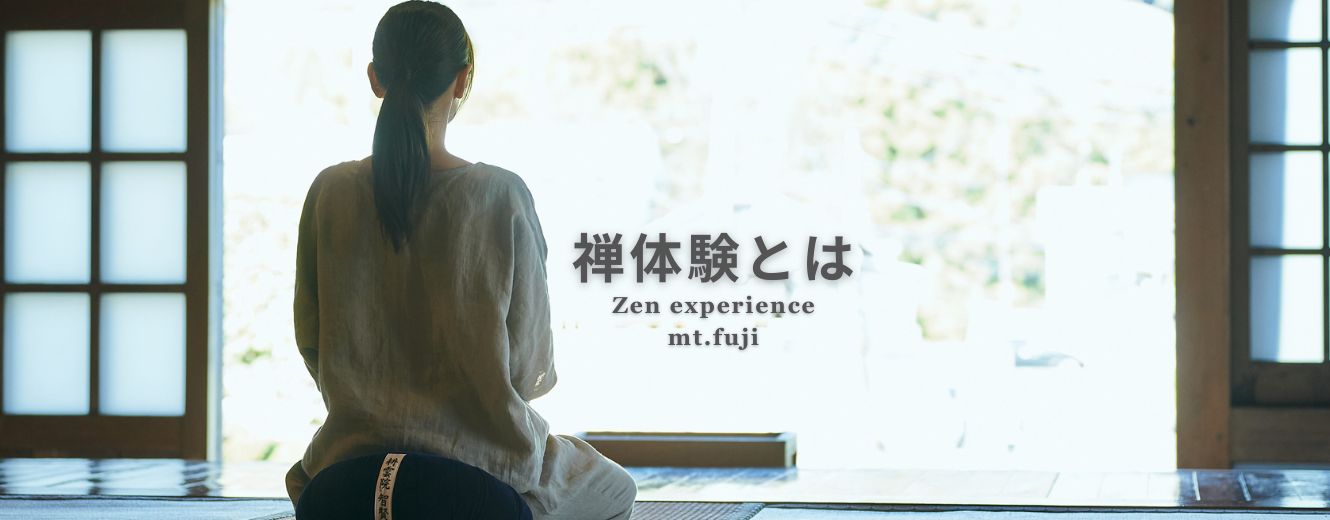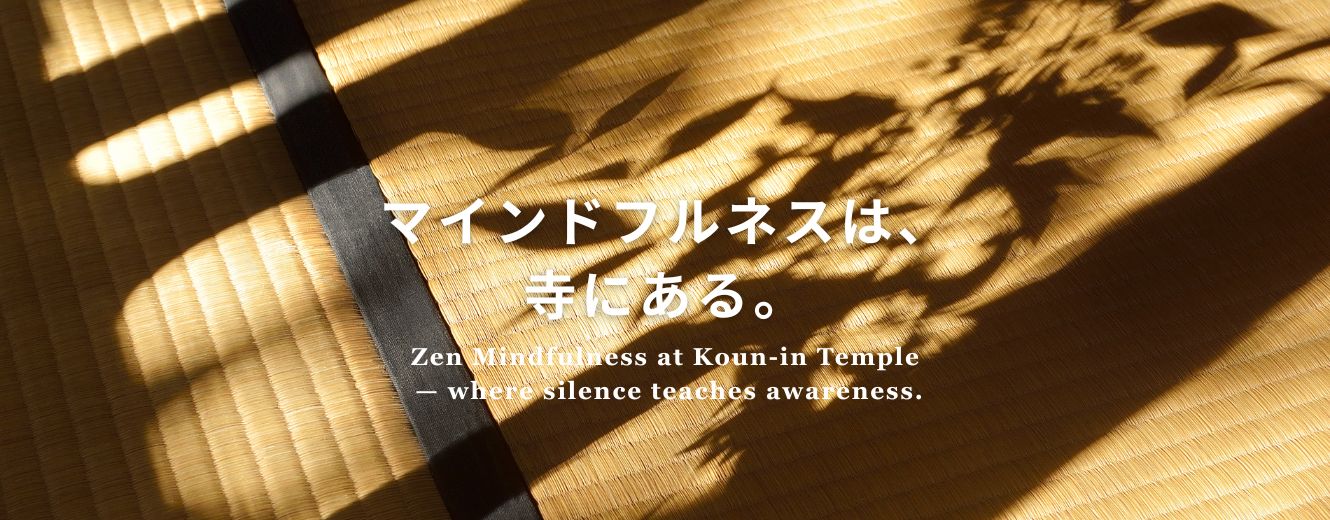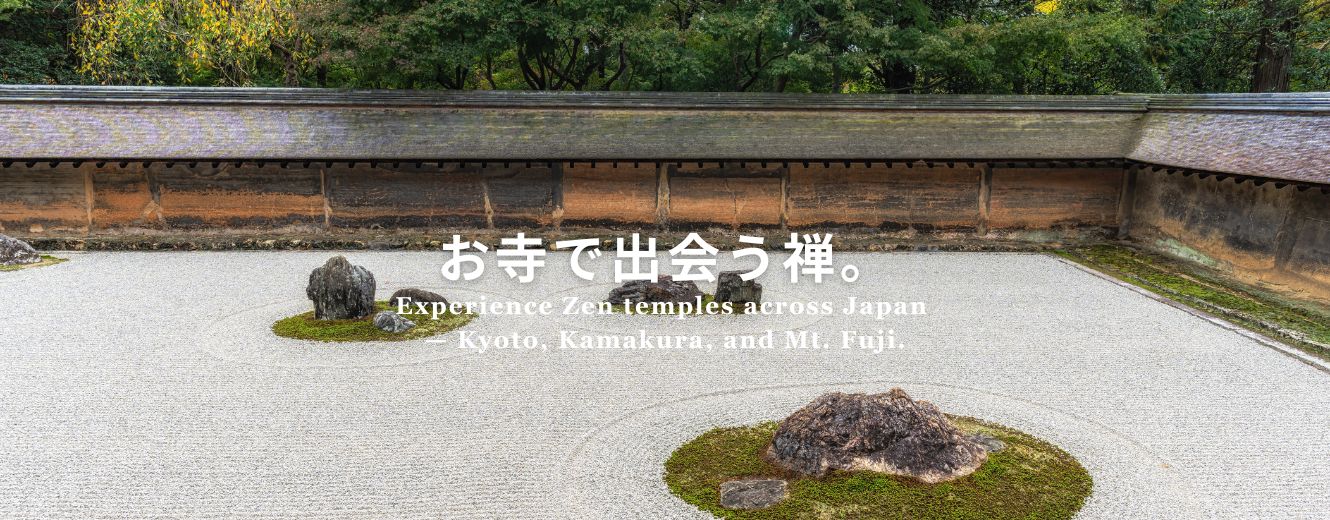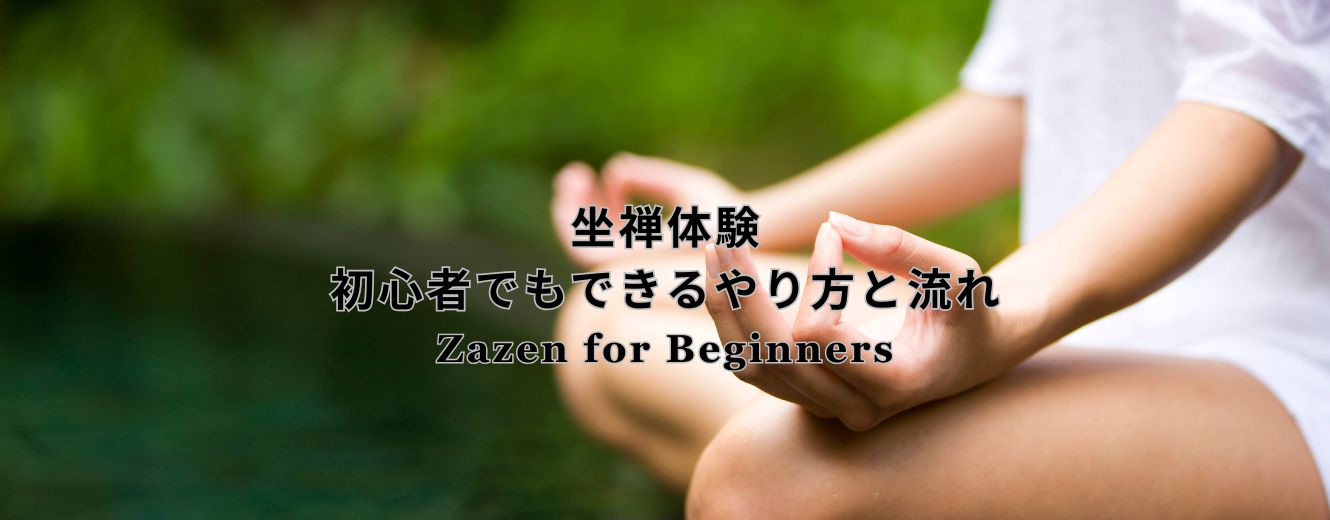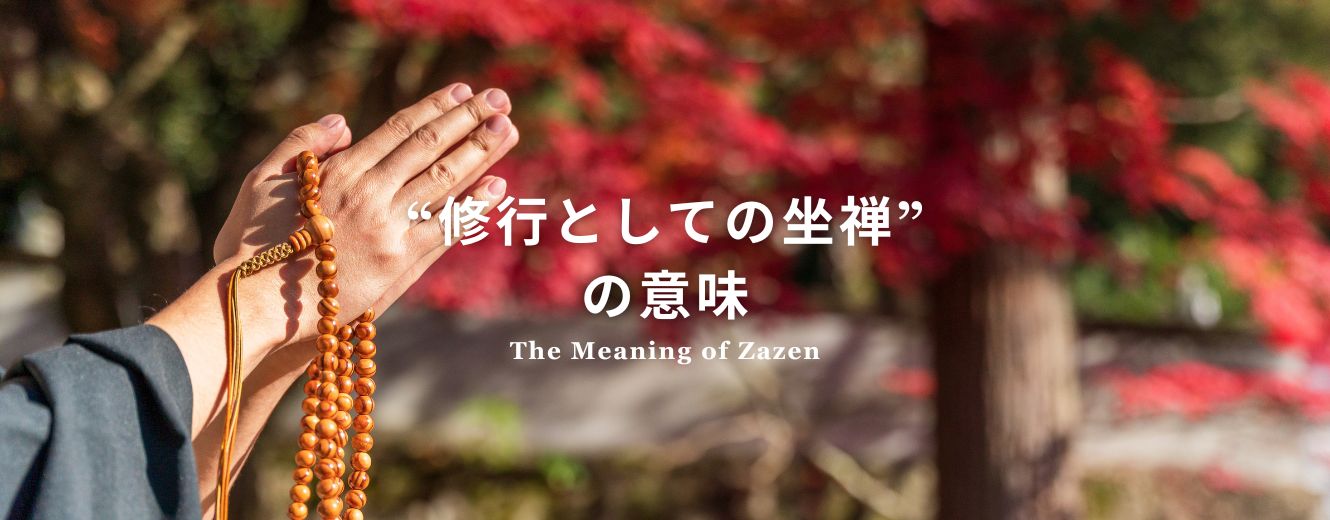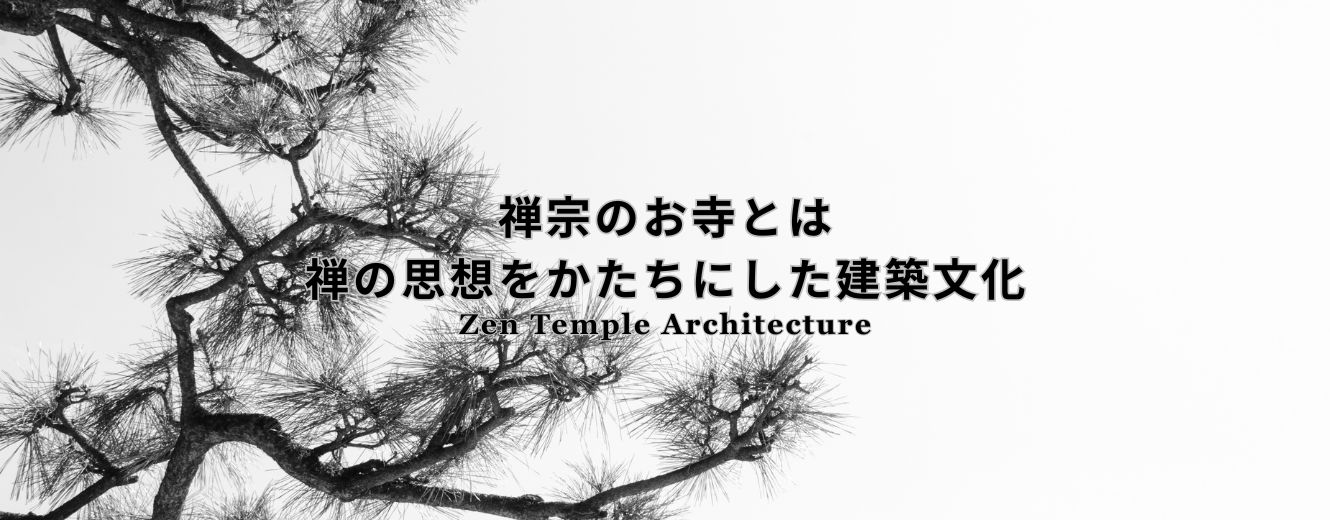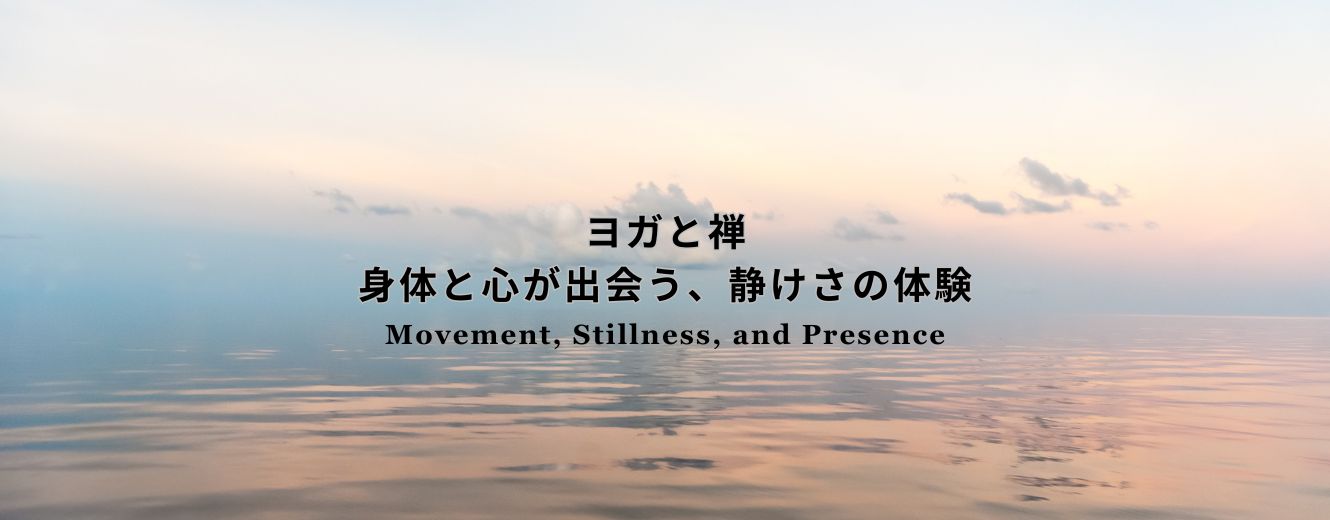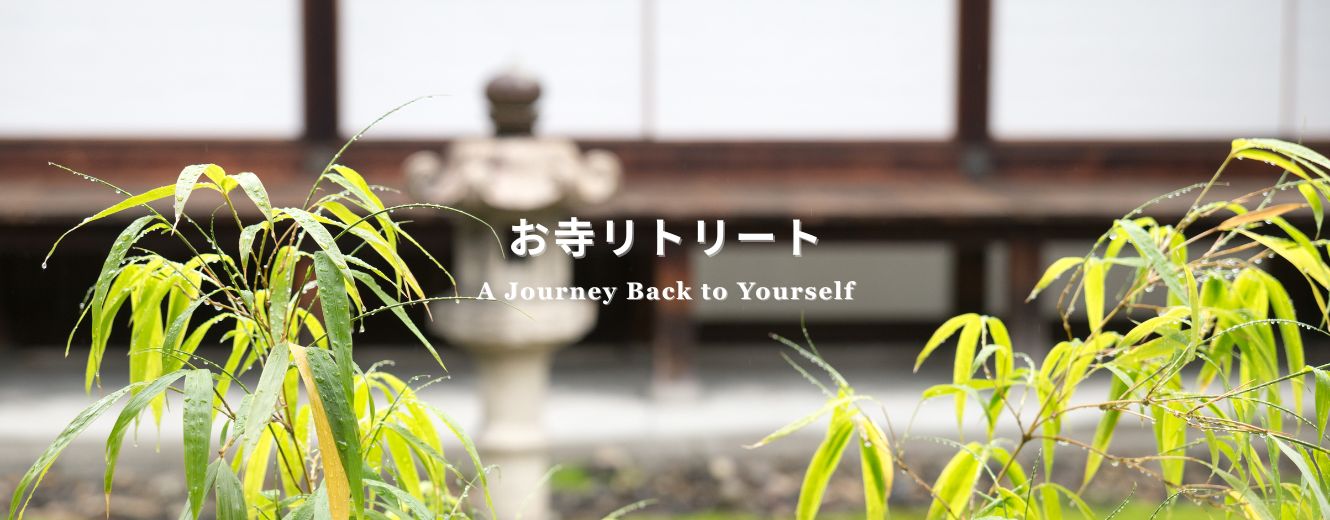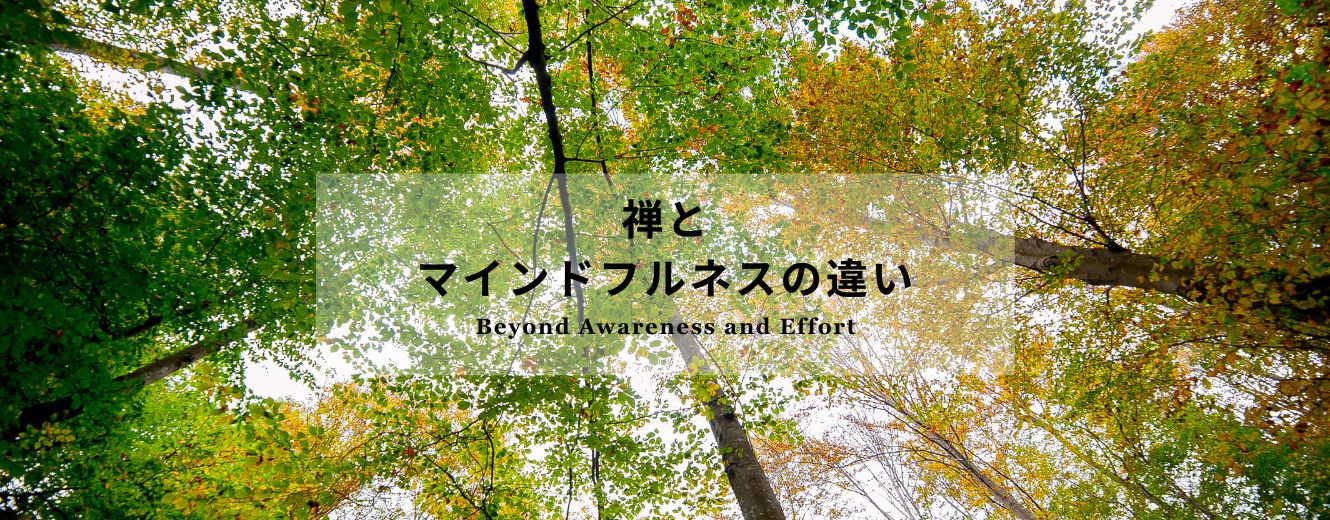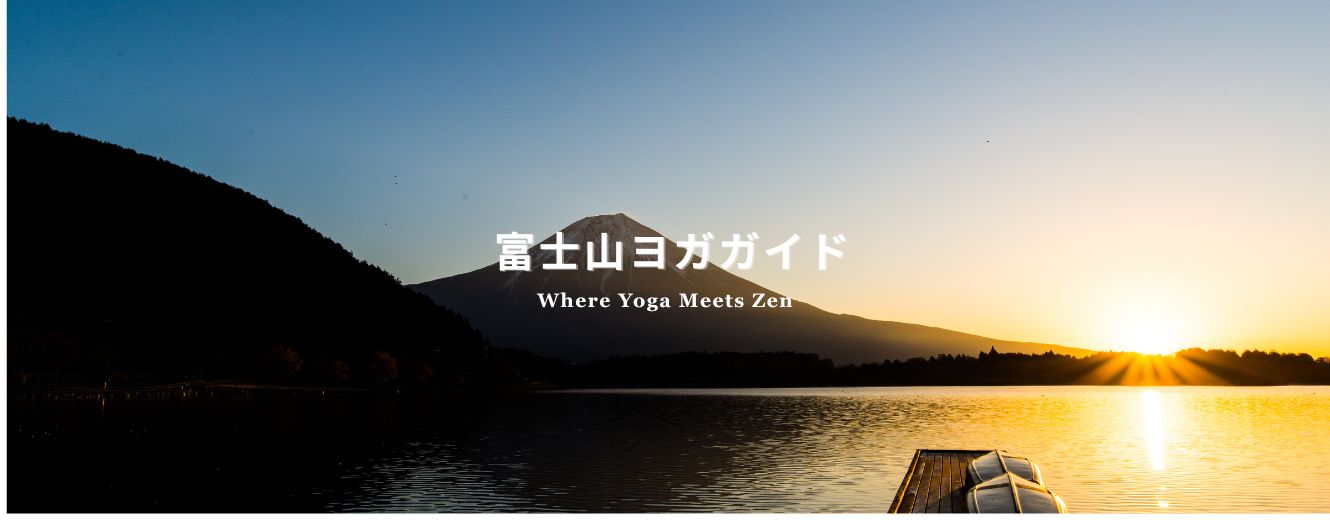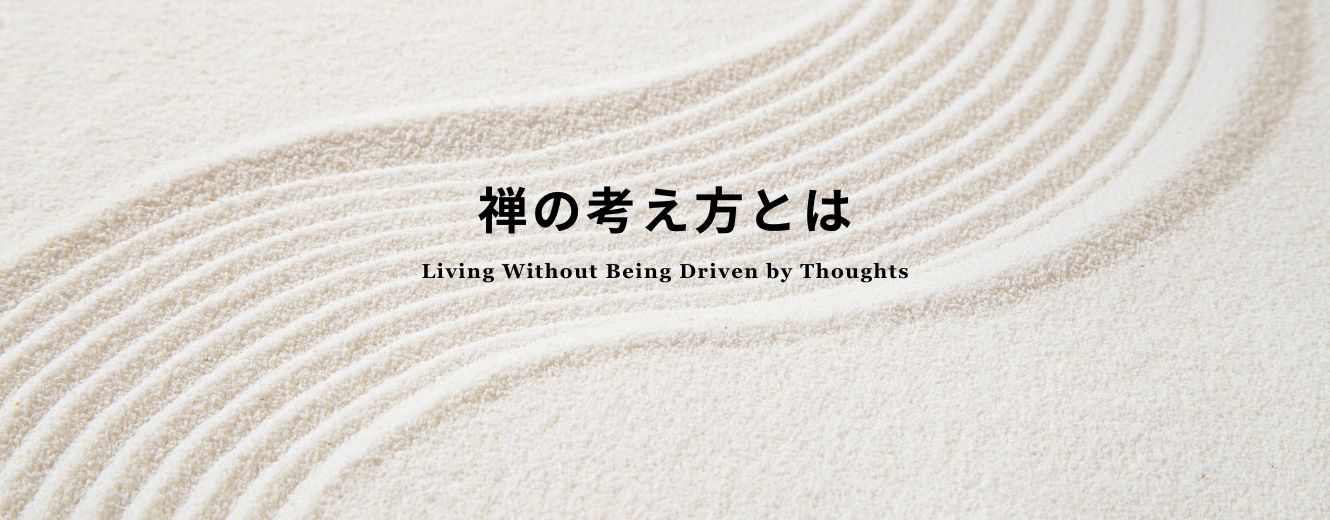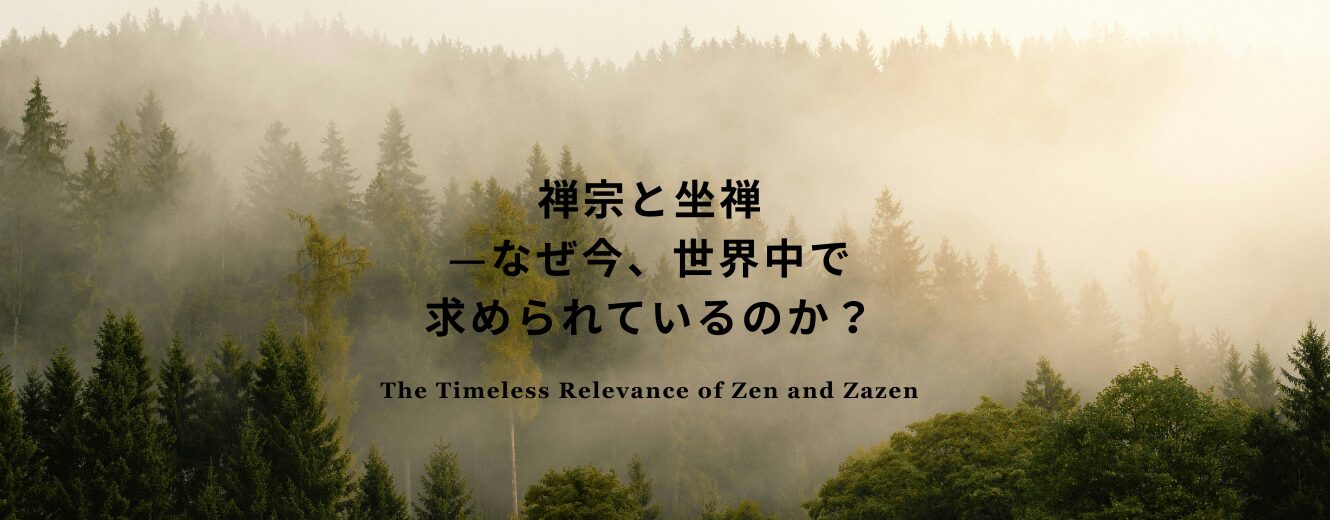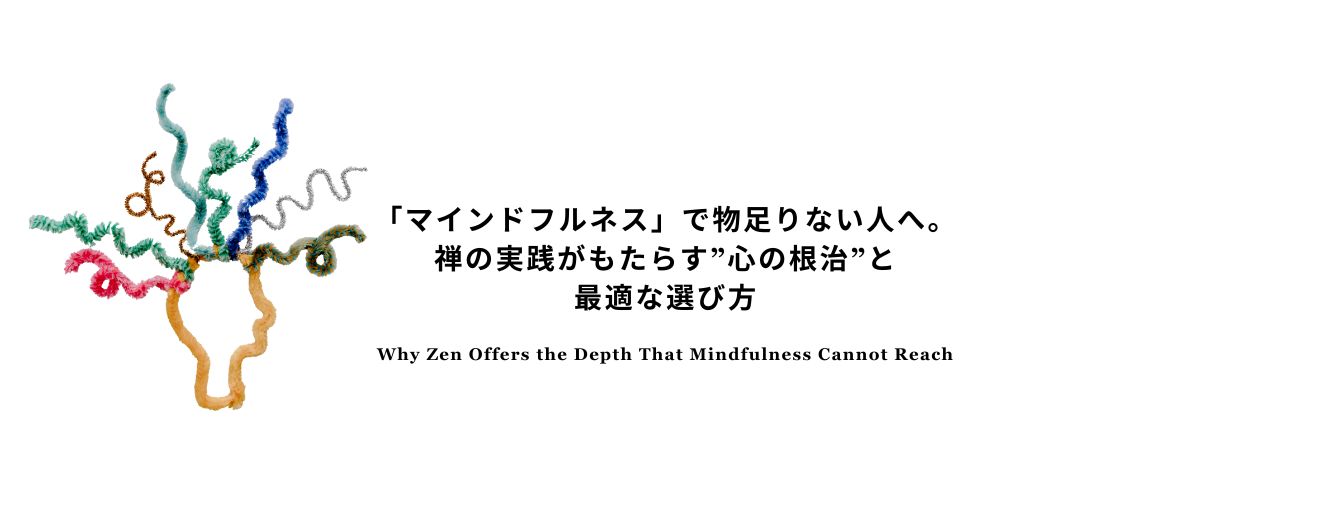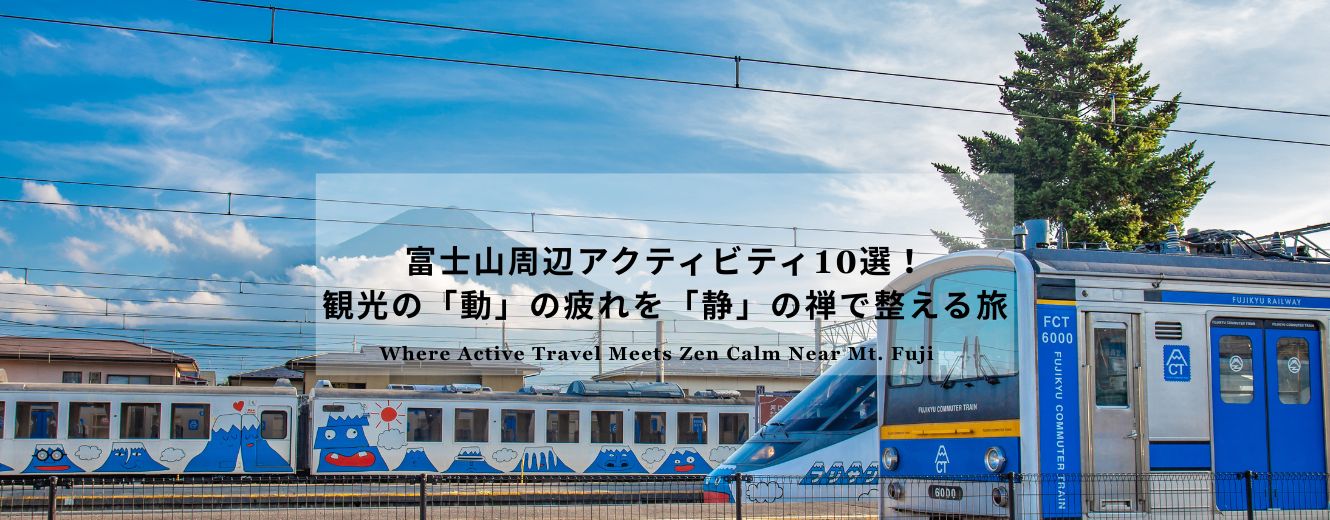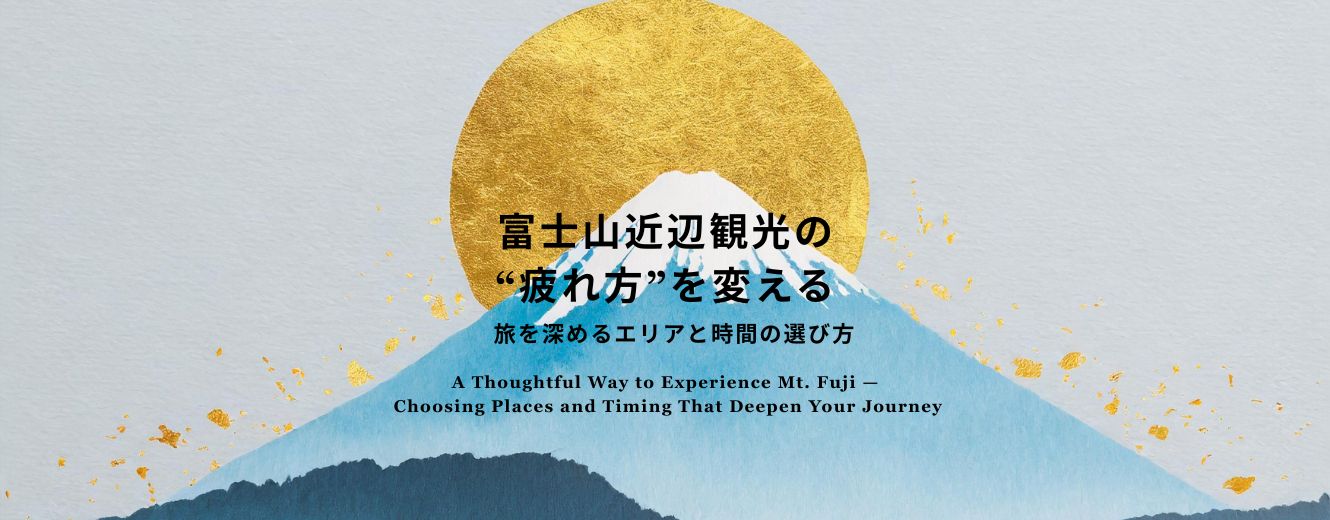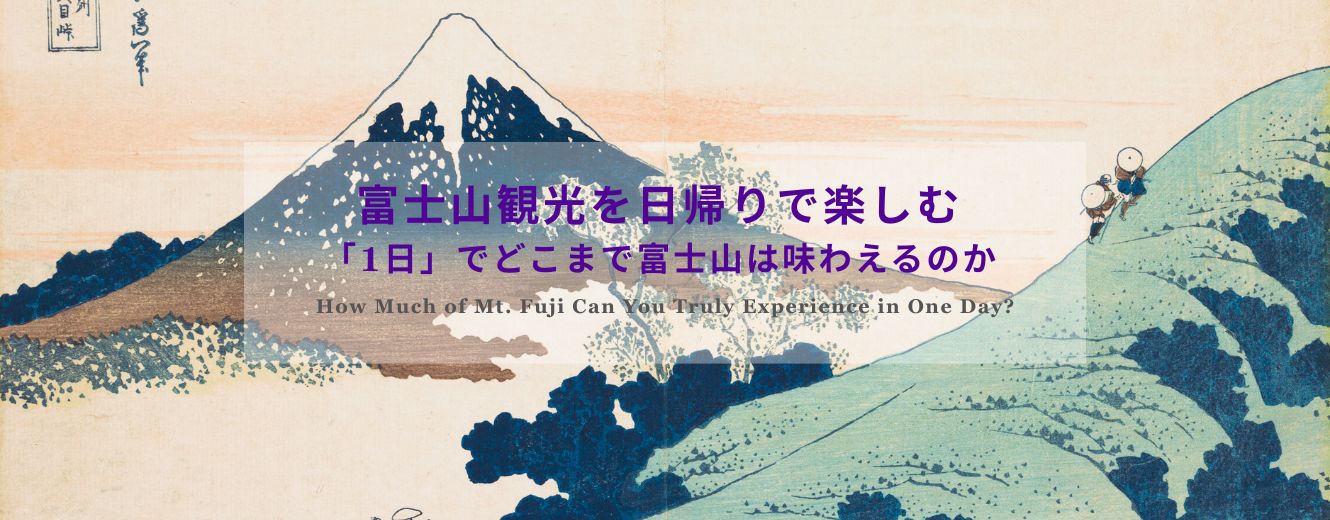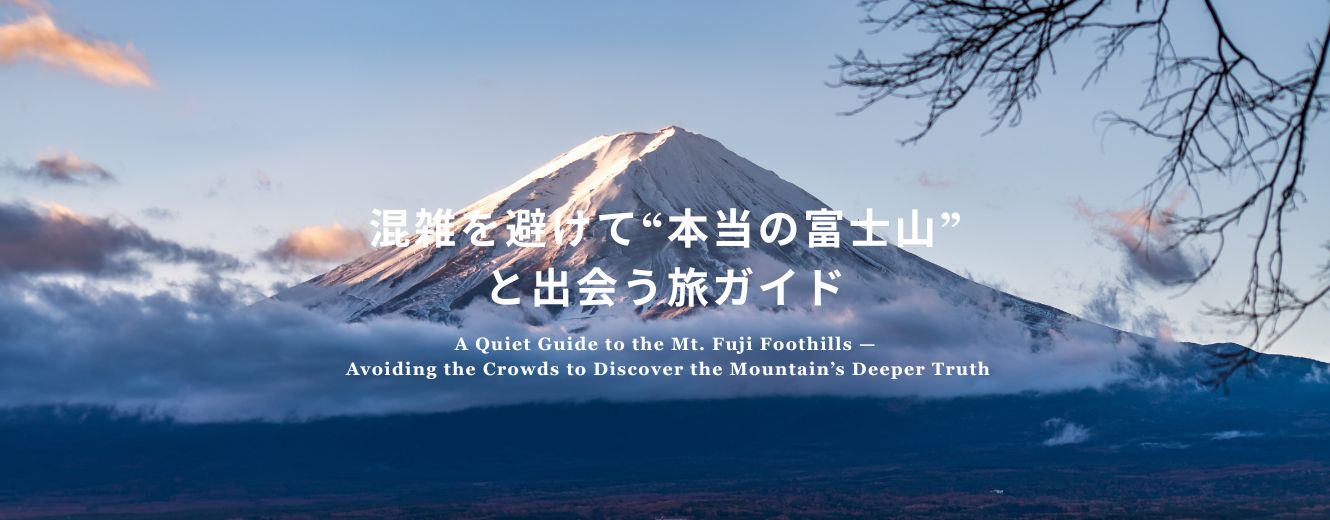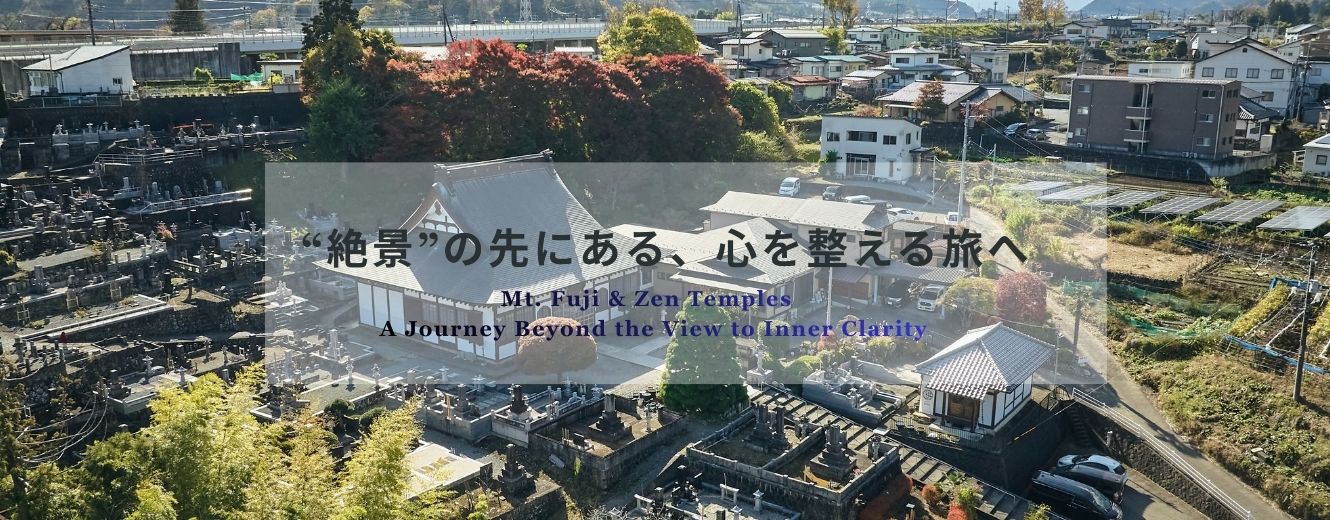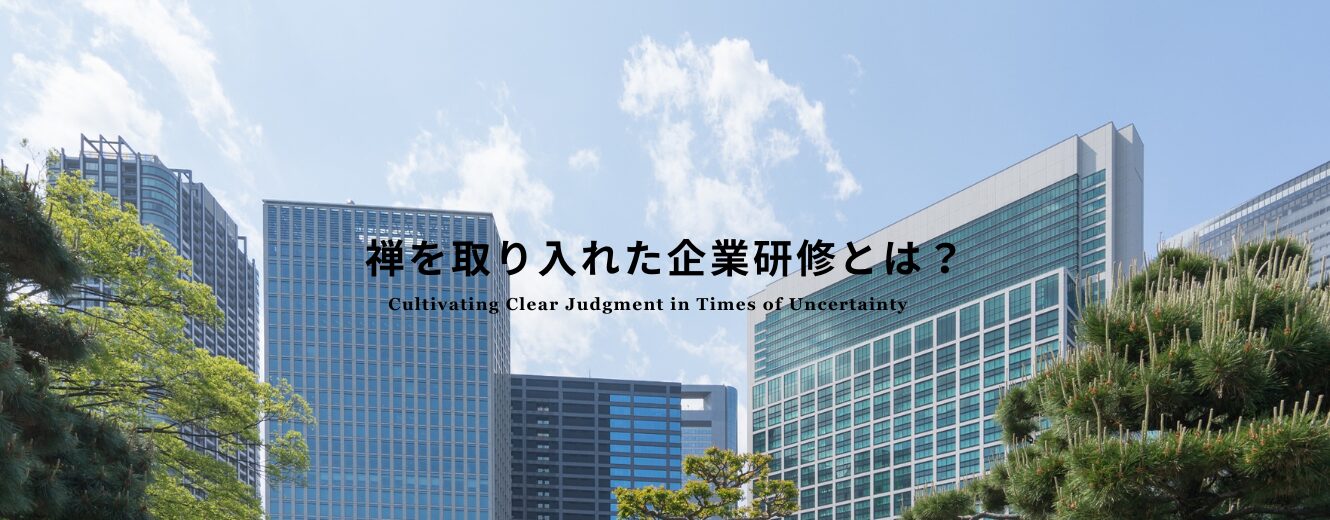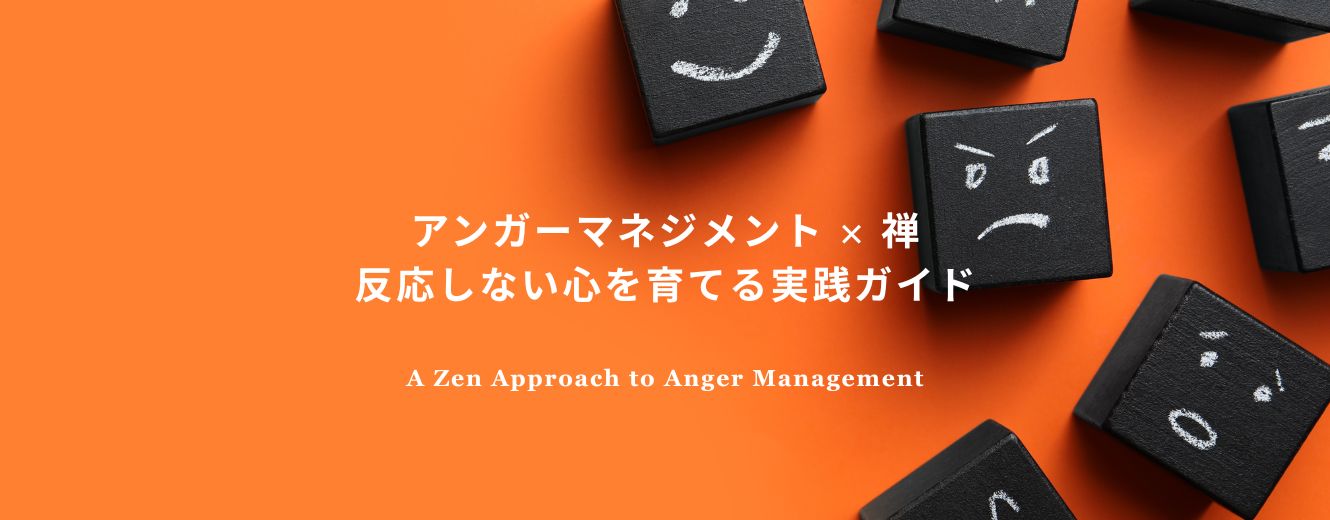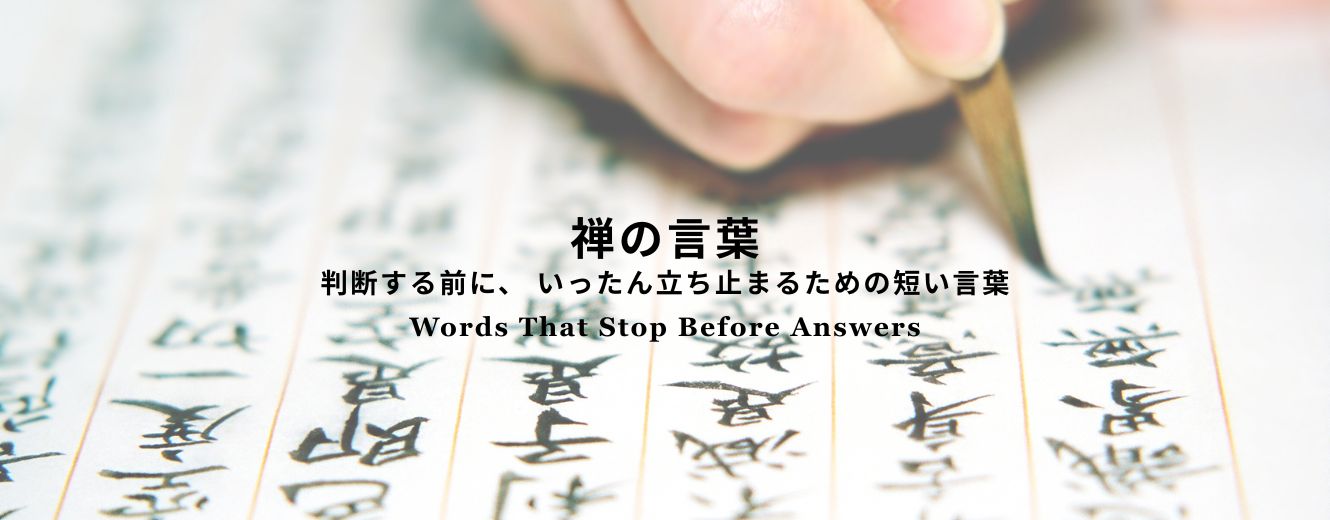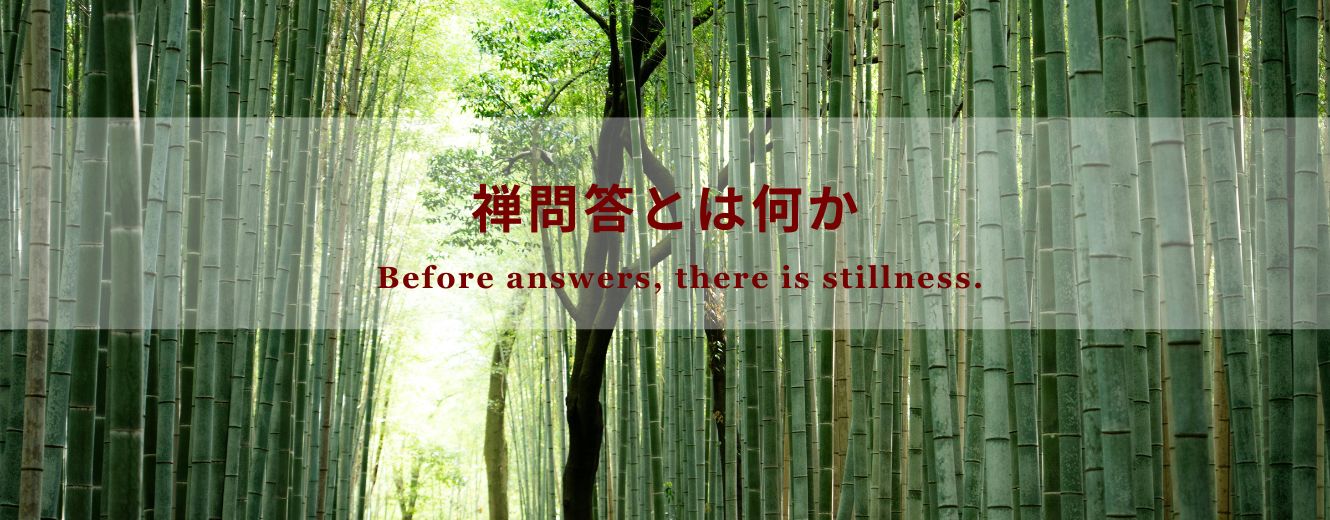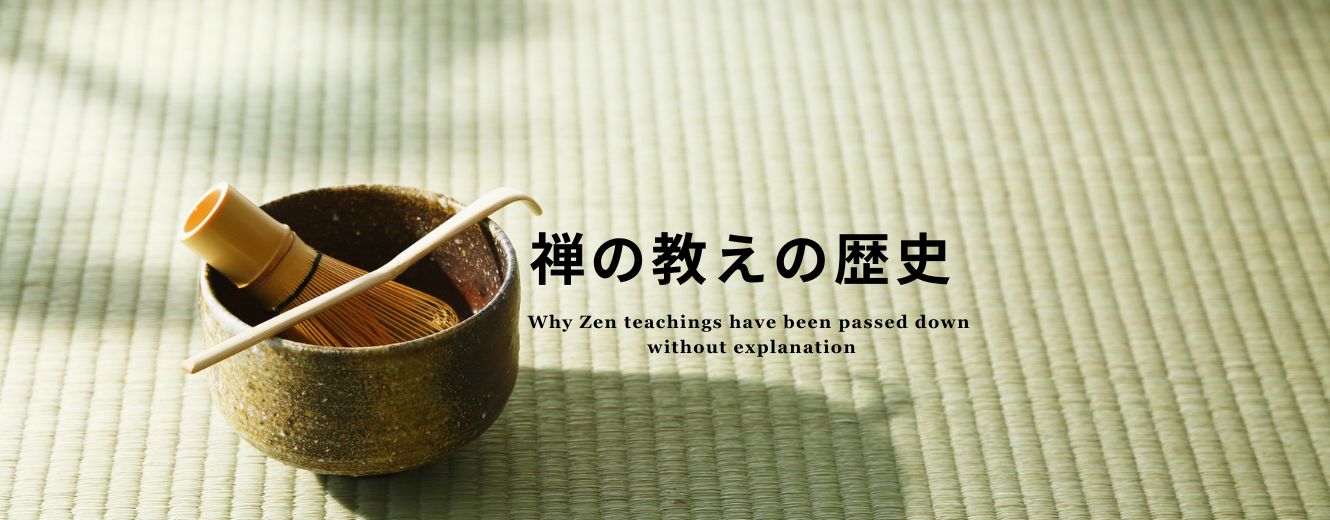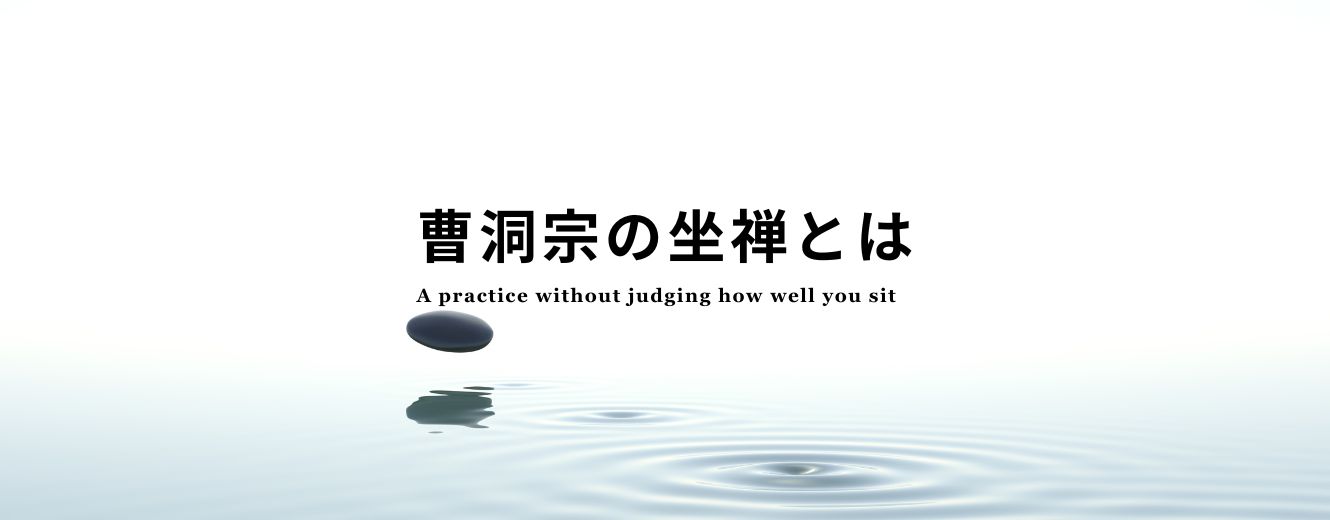Introduction
Global Yoga Meditation Retreats at a Glance
India — Resetting Life at the Source of Yoga
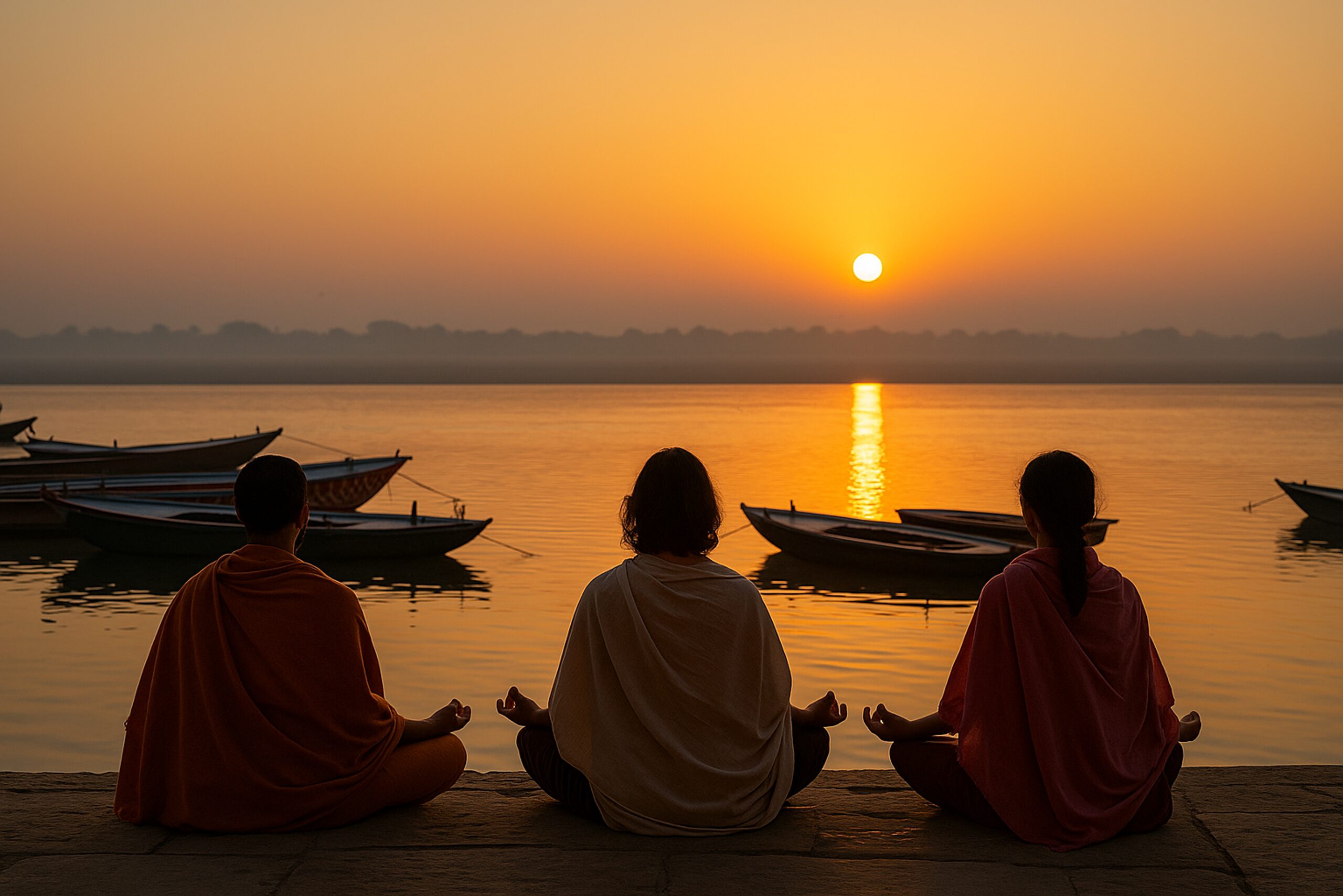
Northern India, particularly Rishikesh, is considered the sacred home of yoga. At dawn, people gather along the banks of the Ganges River to begin their day with meditation and chanting.
At ashrams, participants devote themselves to yoga philosophy, daily meditation, and the practice of karma yoga (the yoga of service)—preparing meals, cleaning, and living communally. These are not weekend escapes but long-term immersions lasting weeks or even months.
For those who wish to completely step away from daily life and re-examine their way of being, India remains the ideal destination for a profound yoga meditation retreat.
Bali — Balancing Body and Soul in a Resort Setting

Bali’s yoga meditation retreats are infused with the Hindu concept of Tri Hita Karana—the harmony of God, people, and nature.
Participants may practice yoga in a jungle villa at sunrise, enjoy surfing or spa treatments in the afternoon, and meditate beneath the stars at night. Unlike the rigor of India, Bali emphasizes freedom and restoration: a wellness retreat where self-nurturing and activity coexist.
It appeals to travelers who want to relax, reconnect with nature, and rediscover balance in a tropical setting.
Europe & the U.S. — Mindfulness Backed by Science
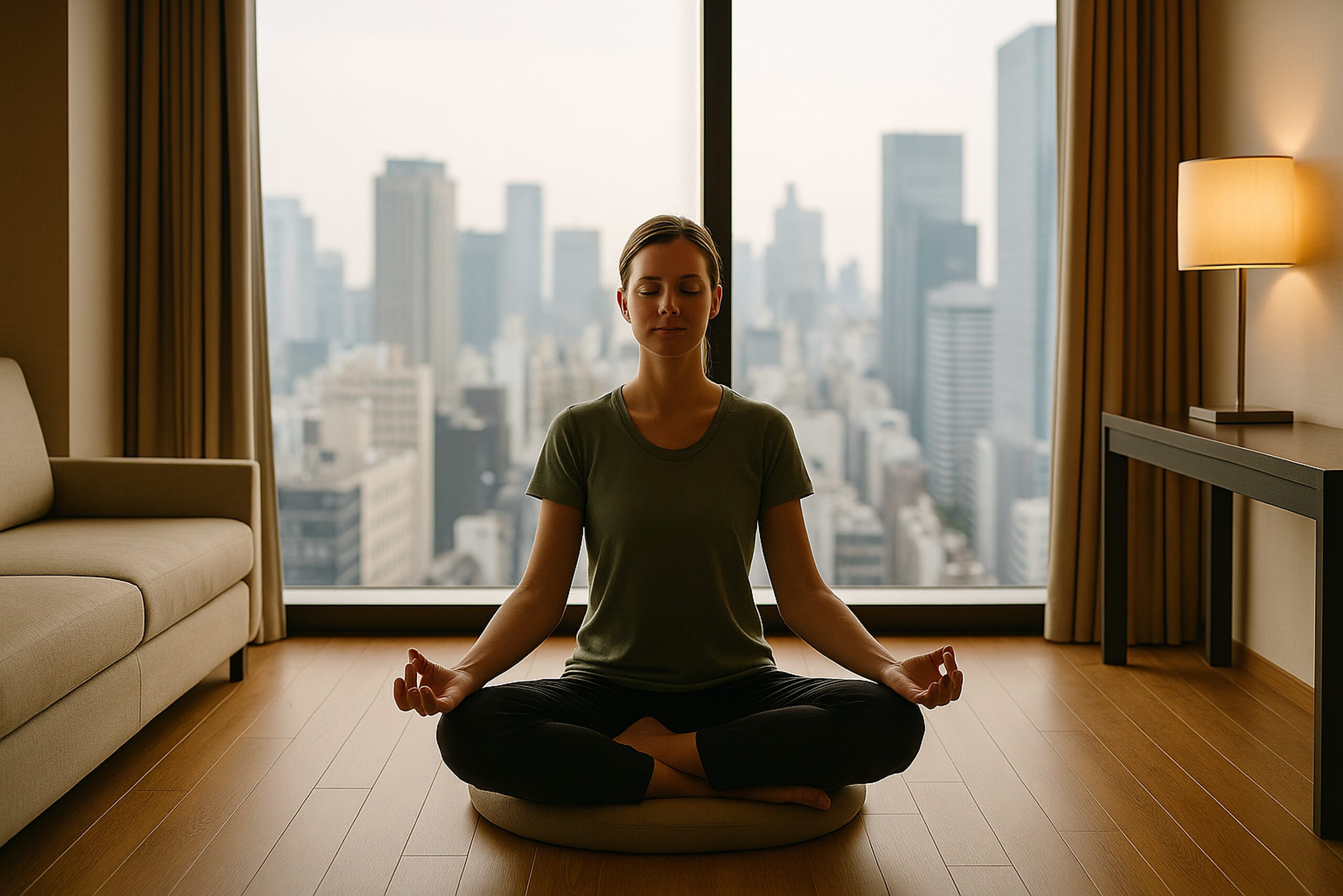
In Europe and the U.S., the meditation retreat movement often focuses on mindfulness, a practice rooted in Zen but expanded through psychology and neuroscience.
MRI studies have shown that meditation activates specific regions of the brain, reducing stress and improving concentration. This scientific evidence is one reason why companies such as Google introduced mindfulness-based programs like Search Inside Yourself.
Western spiritual retreats often take the form of short weekend workshops or urban-based programs, designed for busy professionals who want meditation as a practical, replicable skill.
What Makes Japanese Yoga Meditation Retreats Different
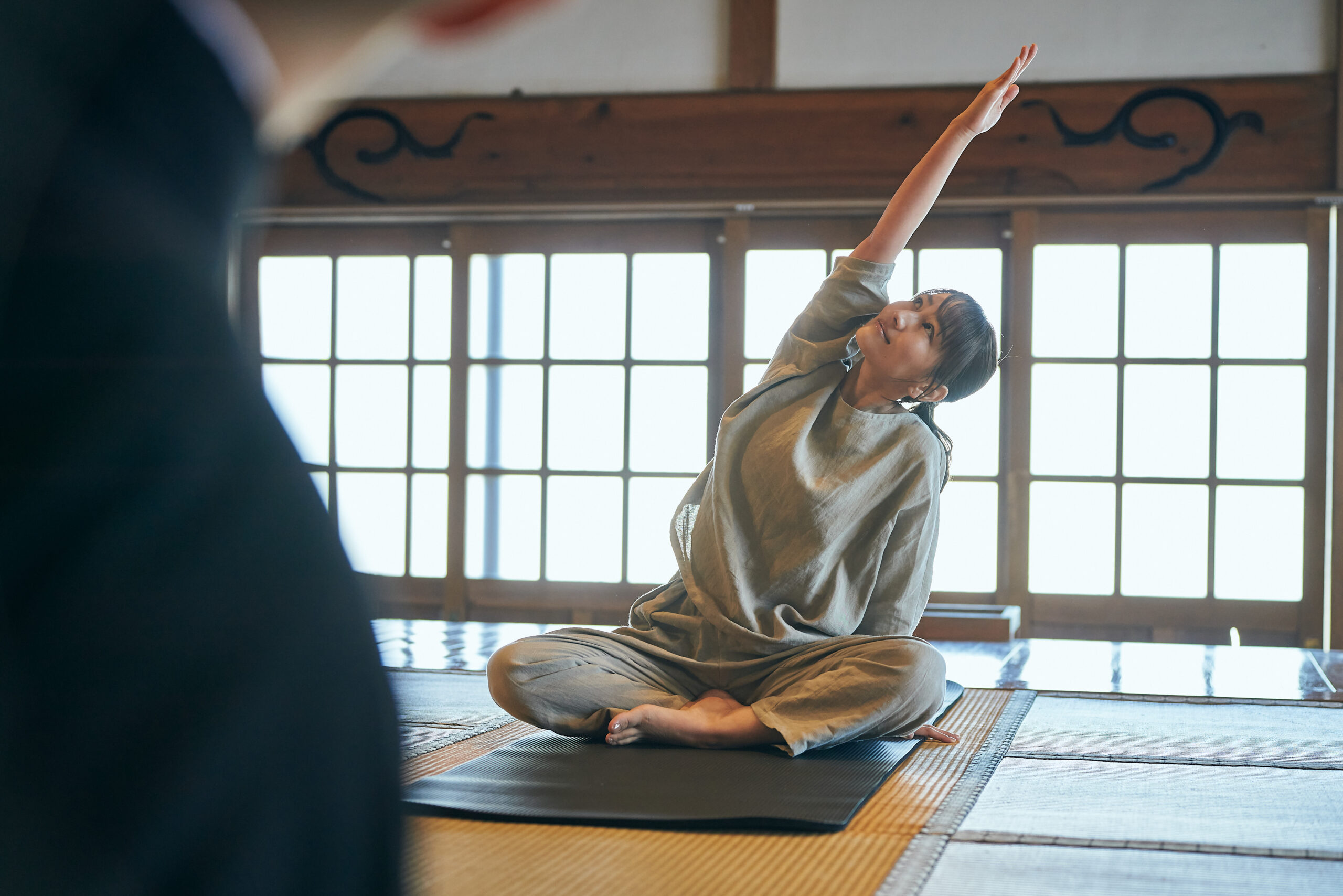
1) Yoga and Zen — From Movement to Stillness
In Japan, many yoga meditation retreats combine gentle yoga with Zen practice. Participants first warm their bodies through yoga, attune their breathing, and then transition naturally into zazen (seated meditation) under the guidance of a Zen monk. This seamless flow—from movement to stillness—creates a unique harmony between body and mind.
2) Zen as Inspiration
Apple co-founder Steve Jobs was profoundly inspired by Zen, embracing its simplicity and clarity as a guiding philosophy in both his work and life. At a Zen meditation retreat in Japan, visitors can directly encounter this essence—learning to let go of excess and return to what truly matters.
3) Sacred Locations
Japanese meditation retreats are held in spaces shaped by centuries of prayer: temples at the foot of Mt. Fuji, mountain monasteries in deep forests, or gardens with flowing spring water. A Zen retreat near Mt. Fuji, for example, offers an unparalleled stillness that urban life cannot provide. Simply sitting in such an environment already feels like a meditation practice.
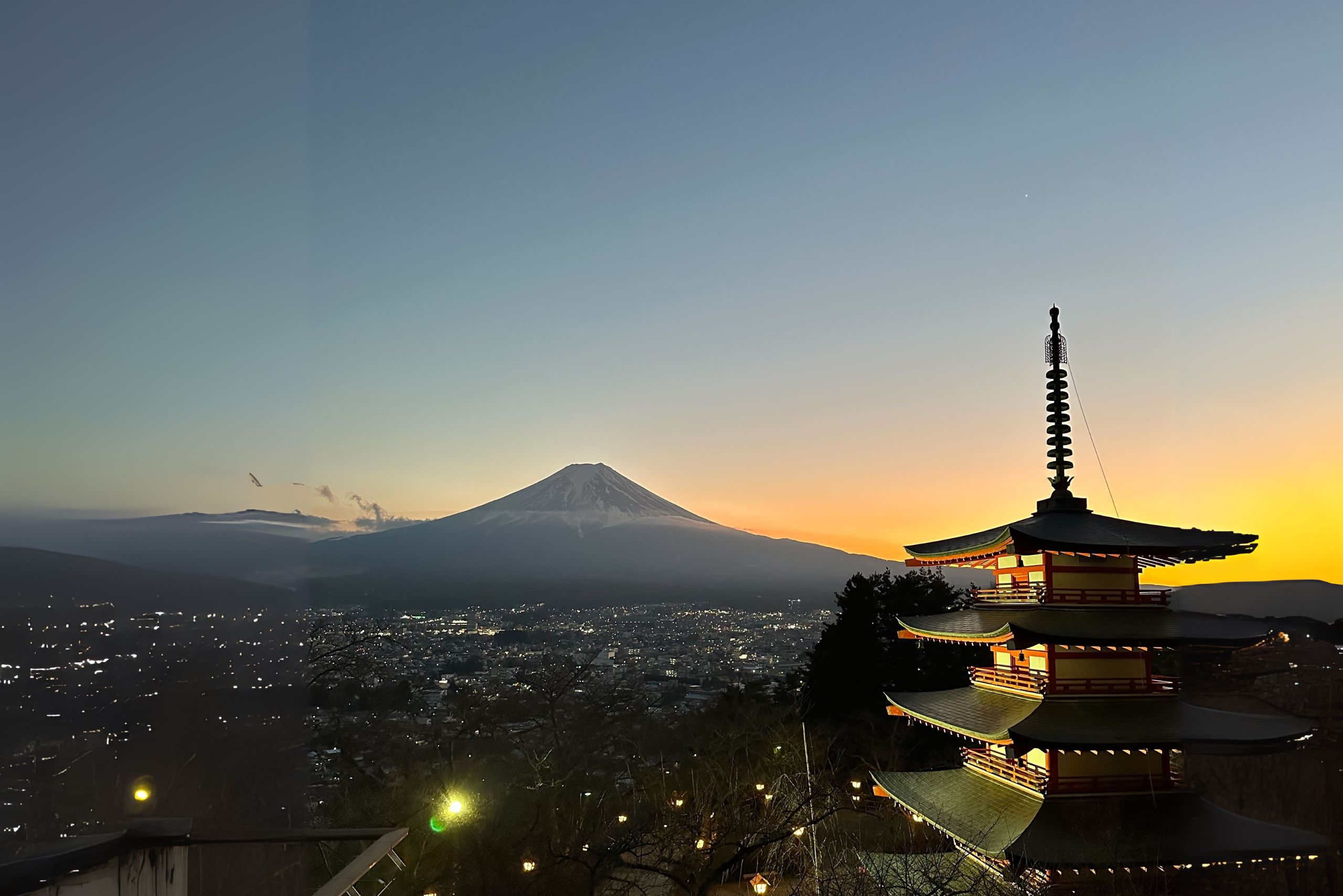
4) Cultural Depth
A Japanese yoga meditation retreat is not limited to sitting or stretching—it integrates traditional cultural practices. Sutra copying, tea ceremony, incense meditation, and shojin cuisine (temple meals) are often included, sharpening the senses and bringing participants back to the present moment.
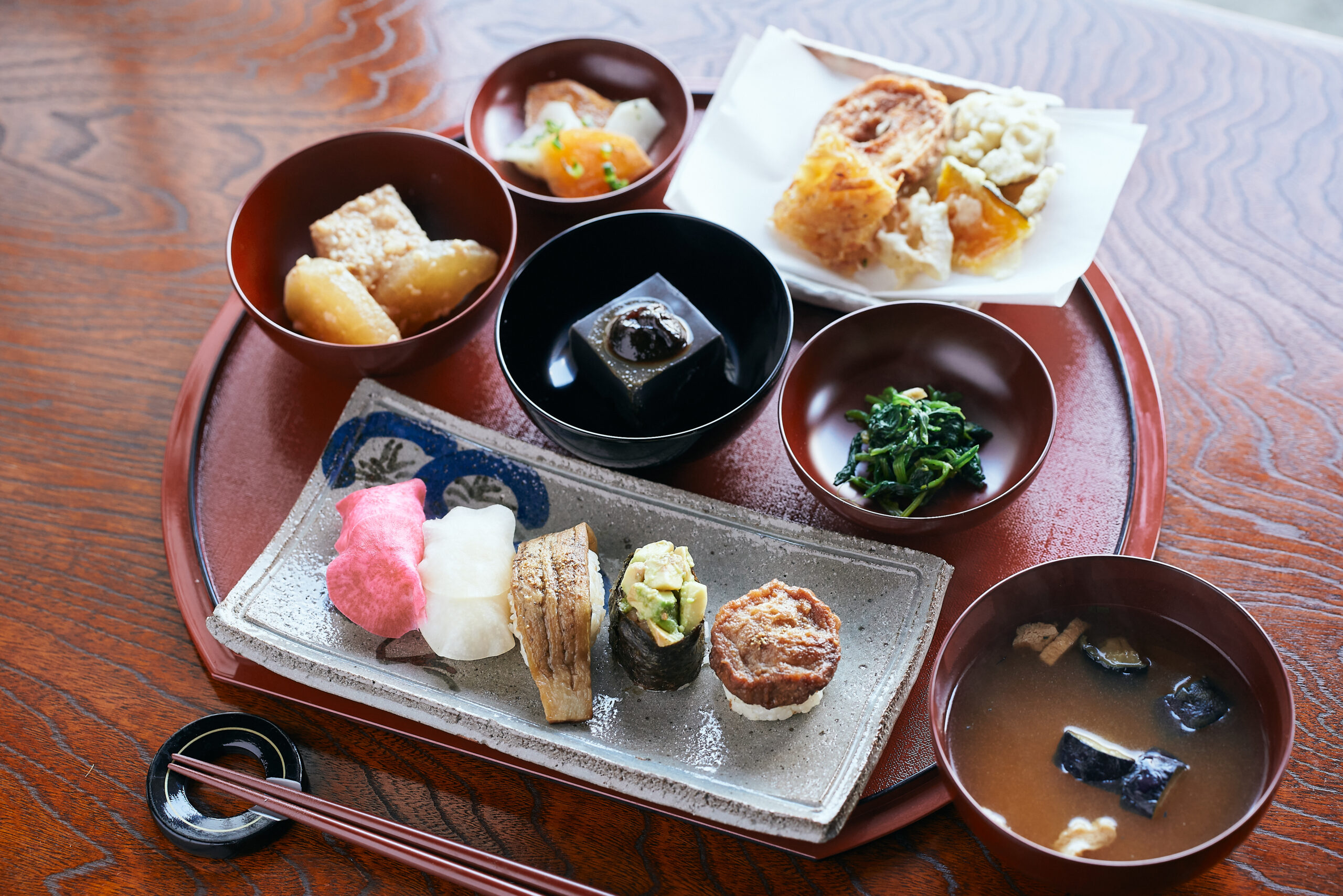
5) Flexible for Travelers
Unlike retreats in India or Bali that require weeks of commitment, many retreats in Japan are short, lasting only 90 minutes to half a day. These traveler-friendly retreats make it easy to join during a trip, combining meditation practice with sightseeing.
👉For a complete overview, see our guide to meditation retreat japan.
👉 Purpose-based guide: Zen, wellness & temple experiences in Japan
A Yoga Meditation Retreat at Koun-in Temple — Zen Meditation near Mt. Fuji
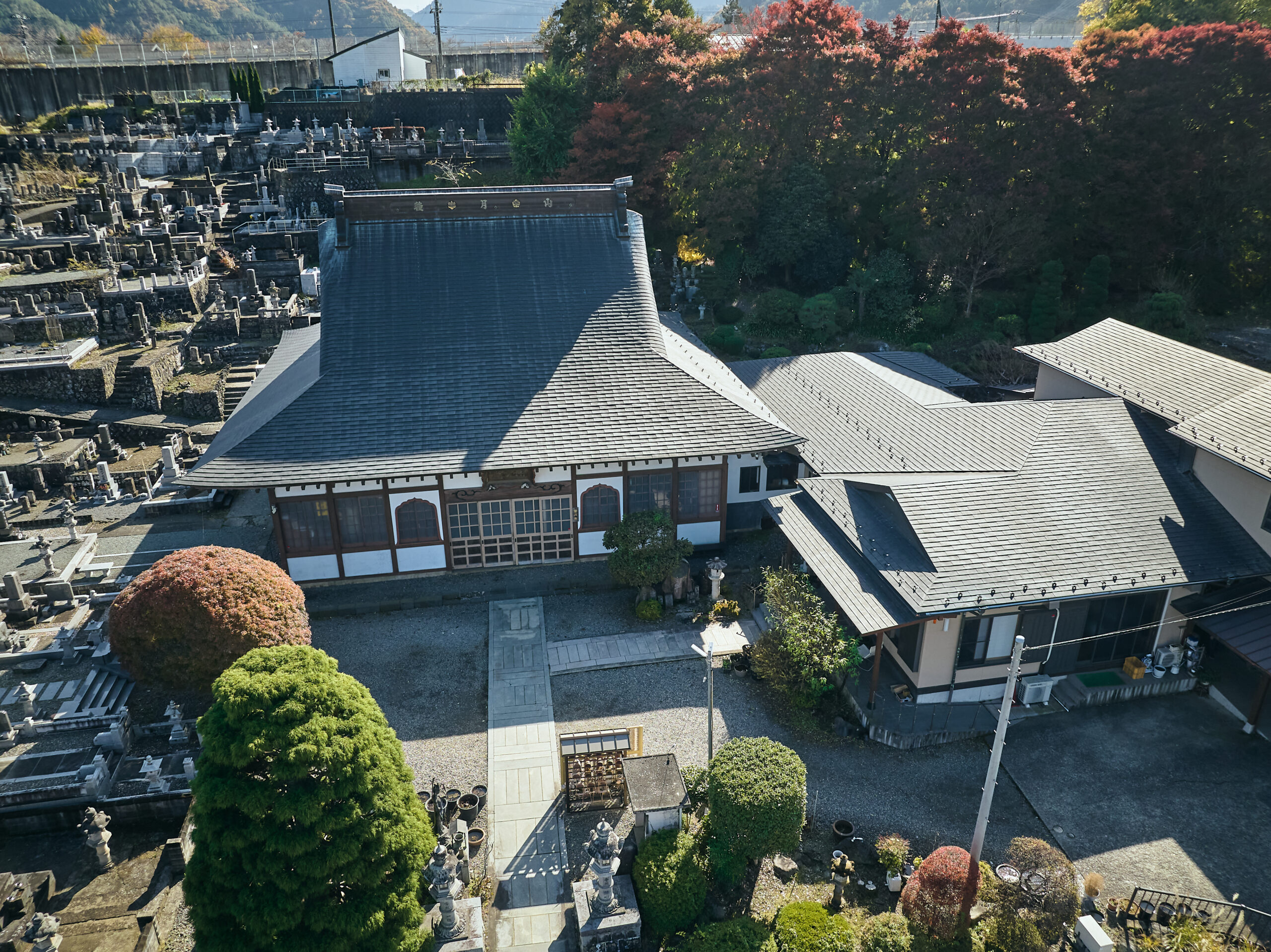
One inspiring example of a Japanese yoga meditation retreat is Koun-in Temple in Tsuru City, Yamanashi Prefecture. Founded in 1398, this Soto Zen temple has welcomed travelers for more than 600 years. Just 90 minutes from Tokyo, it remains a hidden gem where visitors can pause their journey and join a meditation retreat in Japan, surrounded by waterfalls and quiet forests.
Visit the official Koun-in Temple Zen Retreat page
Traveler-Friendly Program — Zen Meditation Retreat at Koun-in Temple
Duration: 3–4 hours
Location: Tsuru City, Yamanashi (near Mt. Fuji)
Fee: ¥10,000–¥15,000 (depending on options)
Access: 90 min from Tokyo (JR Shinjuku), 35 min from Lake Kawaguchi, 8 min walk from Higashikatsura Station
Program Flow (Sample)
- Gentle zazen instruction in a tatami hall
- Light yoga and stretching
- Optional shakyo (sutra copying)
- Short Dharma talk (English available)
- Shojin cuisine option (mindful temple meal)
A Personal Note — Allow Me to Guide You
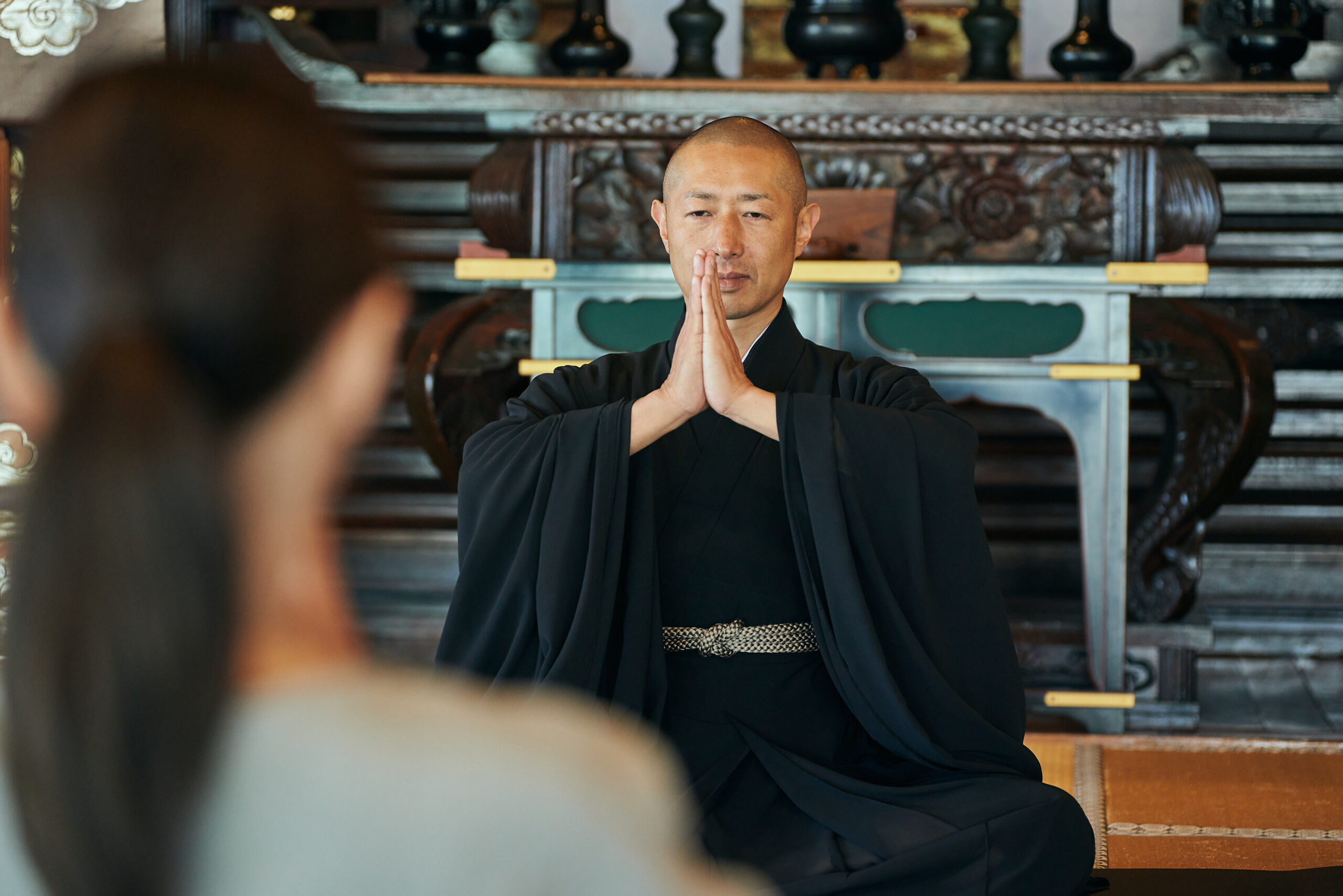
My name is Rev. Chiken Kawaguchi, Vice Abbot of Koun-in Temple. To be honest, I did not always like zazen. In my youth, I was more interested in surfing and fashion, often dyeing my hair and heading for the sea. The temple felt like the farthest place from where I belonged.
But after four years of rigorous training at Eiheiji, the head temple of Soto Zen, my perspective changed. Day after day, I sat in meditation. One day, I realized that even the thoughts of “I dislike this” or “I must try harder” had disappeared. What remained was a quiet, effortless state of simply sitting. In Zen, this is called ryōbō—“forgetting both sides.”
That moment became a turning point in my life. Zen is not reserved for specialists or ascetics—it is woven into daily life and available to anyone. Even in a short meditation retreat in Japan, during a trip to Mt. Fuji, one can pause, breathe, and feel the heart grow lighter.
FAQ — About Koun-in Temple Zen Meditation Retreat Japan
Can I join alone?
Yes, absolutely. Solo participants are warmly welcome, and beginners can also feel at ease.
How long is the program?
About 3–4 hours. It is easy to join even during your travels.
Is English guidance available?
Yes. Simple English guidance is available.
Is shojin cuisine included?
It depends on the plan. With the meal option, you can experience mindful eating.
Is it suitable for beginners?
Of course. All that is needed is simply “to be present in the moment.”
Do I need to bring anything?
No special preparation is required. Comfortable clothing is enough.
How do I book?
Please make a reservation in advance through our contact form.
Voices from Visitors
“The meditation retreat in Japan at Koun-in Temple was the highlight of my trip. Sitting quietly near Mt. Fuji, guided by a Zen priest, gave me peace I had never felt before.”
“More than sightseeing—it felt like stepping into the living spirit of Japan. This retreat helped me connect with the culture in a deeper way.”
“As a student interested in mindfulness, I found Japanese meditation here both welcoming and profound. The combination of zazen and temple food was unforgettable.”
“We joined as a couple and found the retreat deeply calming. Sutra copying was a unique way to connect with Zen philosophy and Japanese traditions.”
“Even as a senior traveler, I felt supported throughout. Practicing Japanese meditation through yoga and zazen gave me both calmness and renewed energy.”
“As a yoga practitioner, I was inspired to experience Japanese meditation in its authentic Zen setting. The blend of movement and stillness was powerful.”
Finding Harmony: The Gift of a Yoga Meditation Retreat in Japan
A yoga meditation retreat in Japan offers more than relaxation—it provides a way to harmonize body and mind, even in the midst of travel. Spending a few hours at a Zen retreat near Mt. Fuji may well become the highlight of your journey.
yoga meditation retreat in Japan (Mt. Fuji)
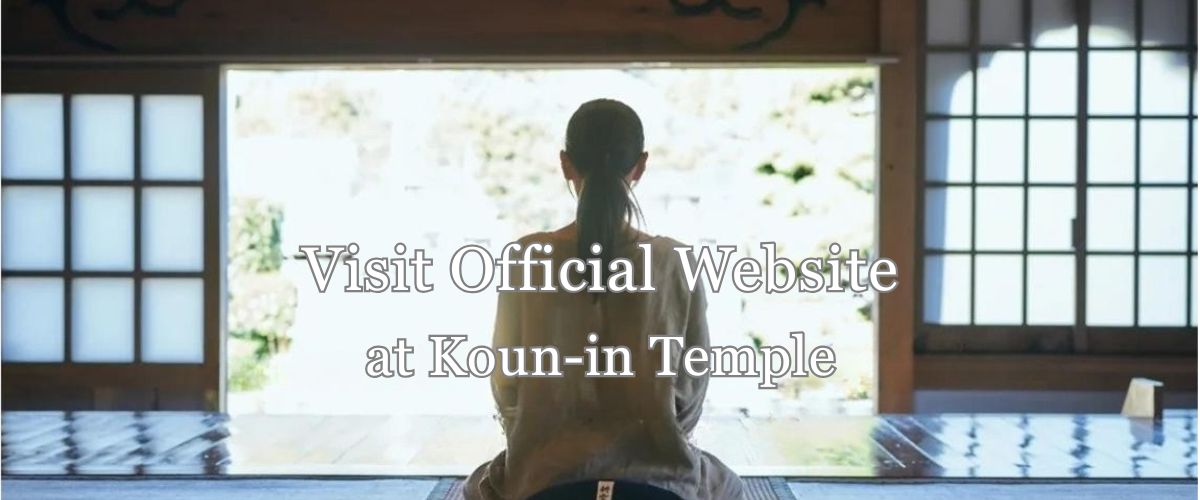
Experience a meditation retreat in Japan at Koun-in Temple near Mt. Fuji.
Beginners welcome, English guidance available, just 90 minutes from Tokyo.

